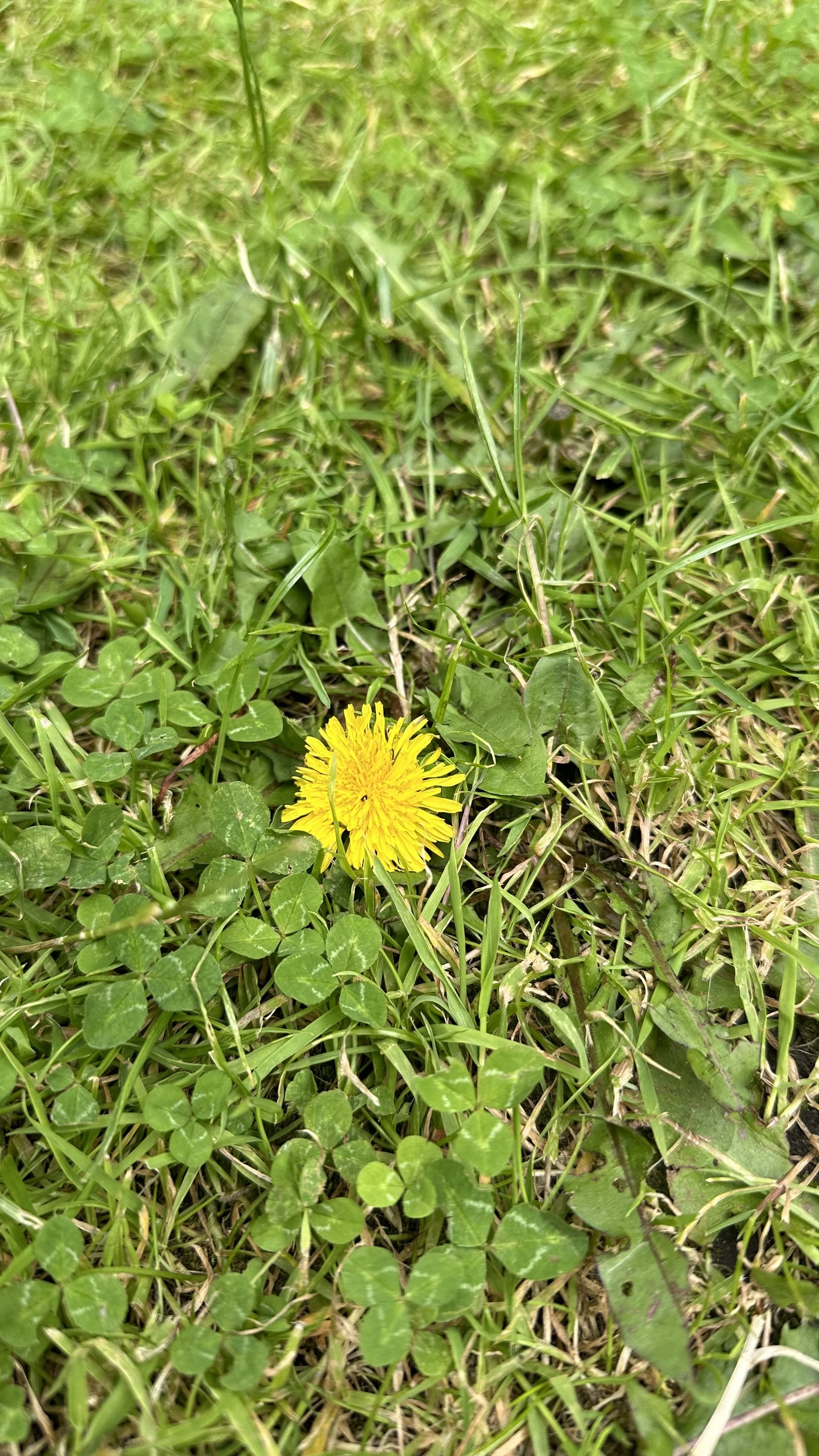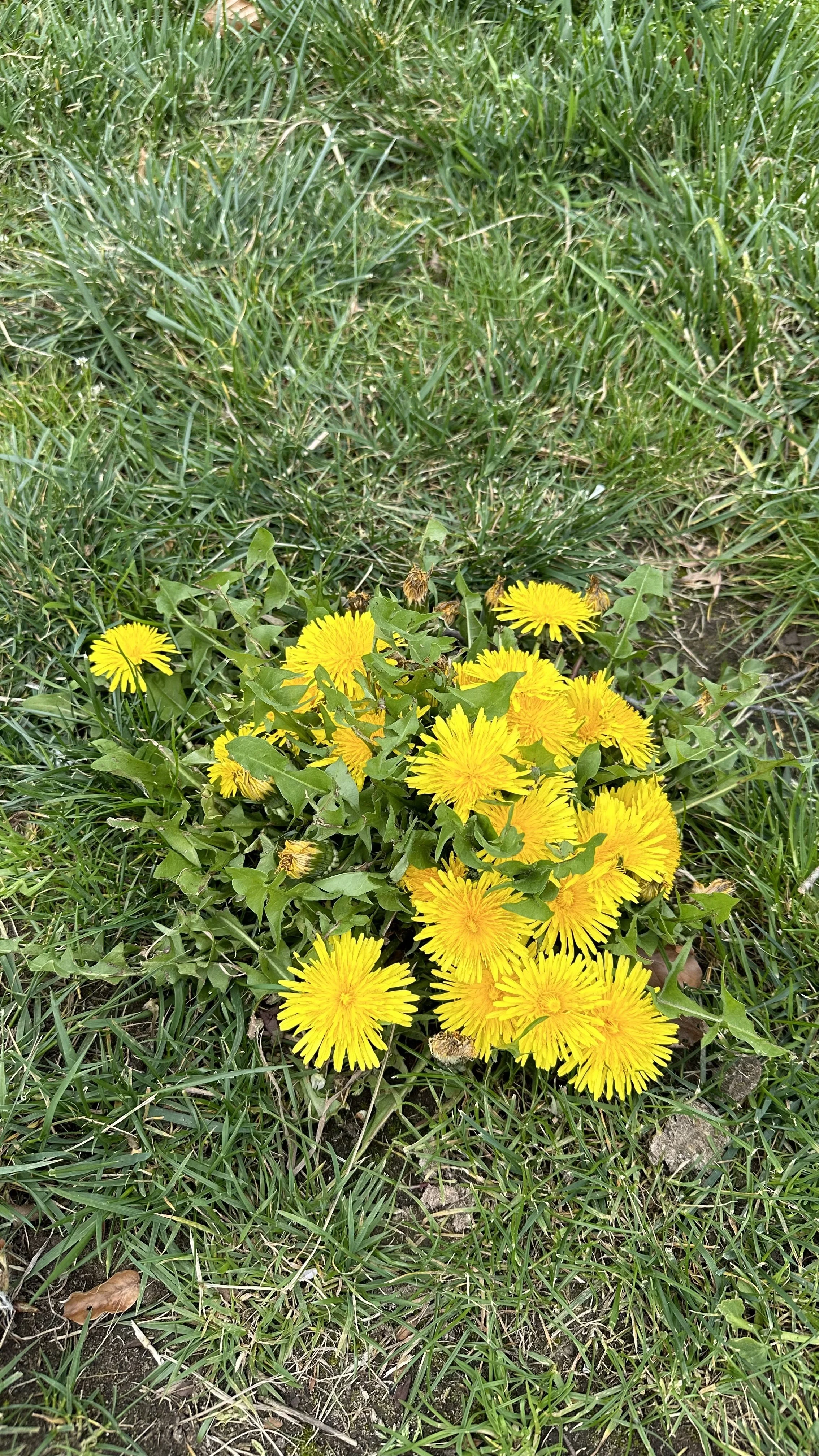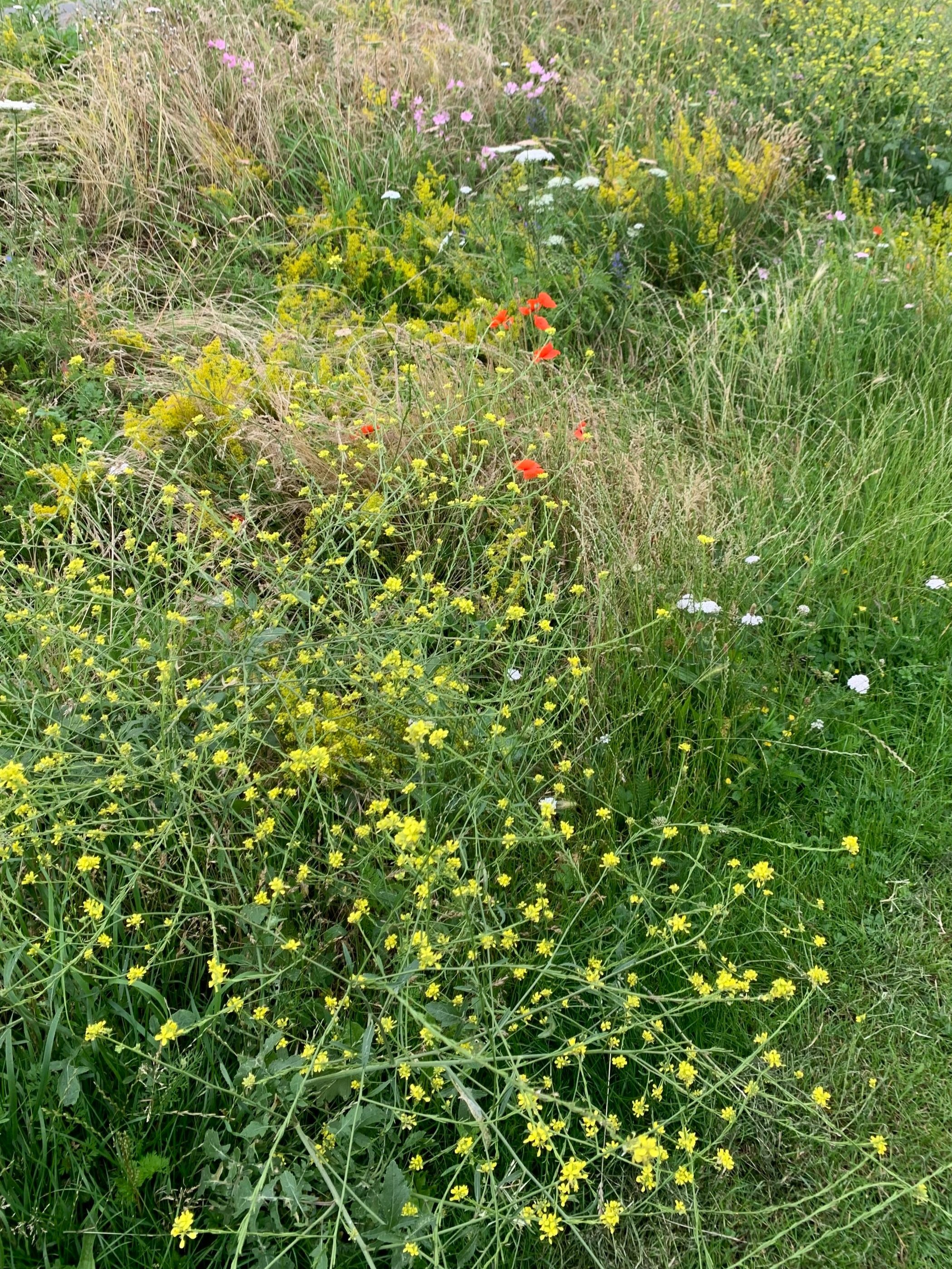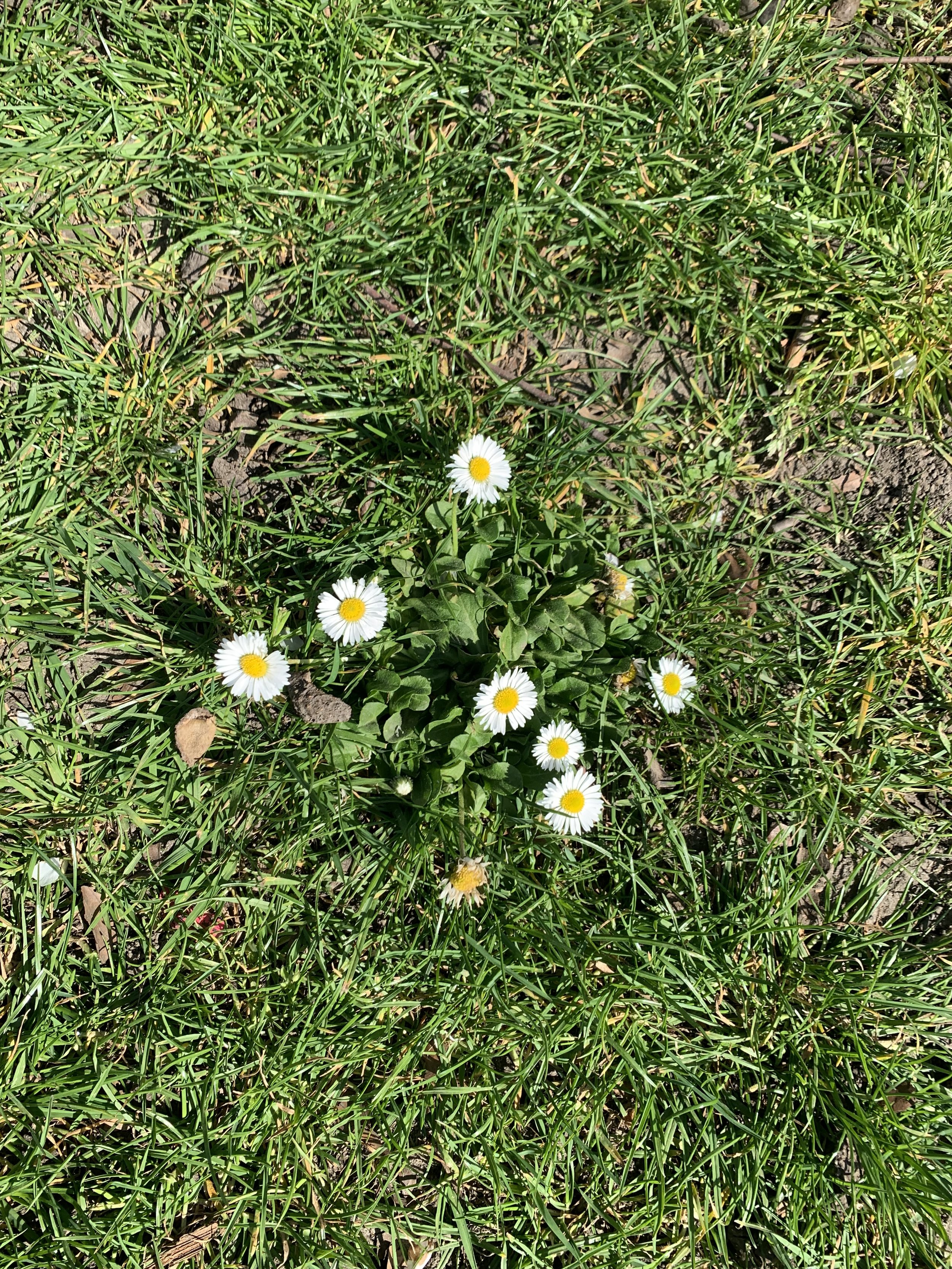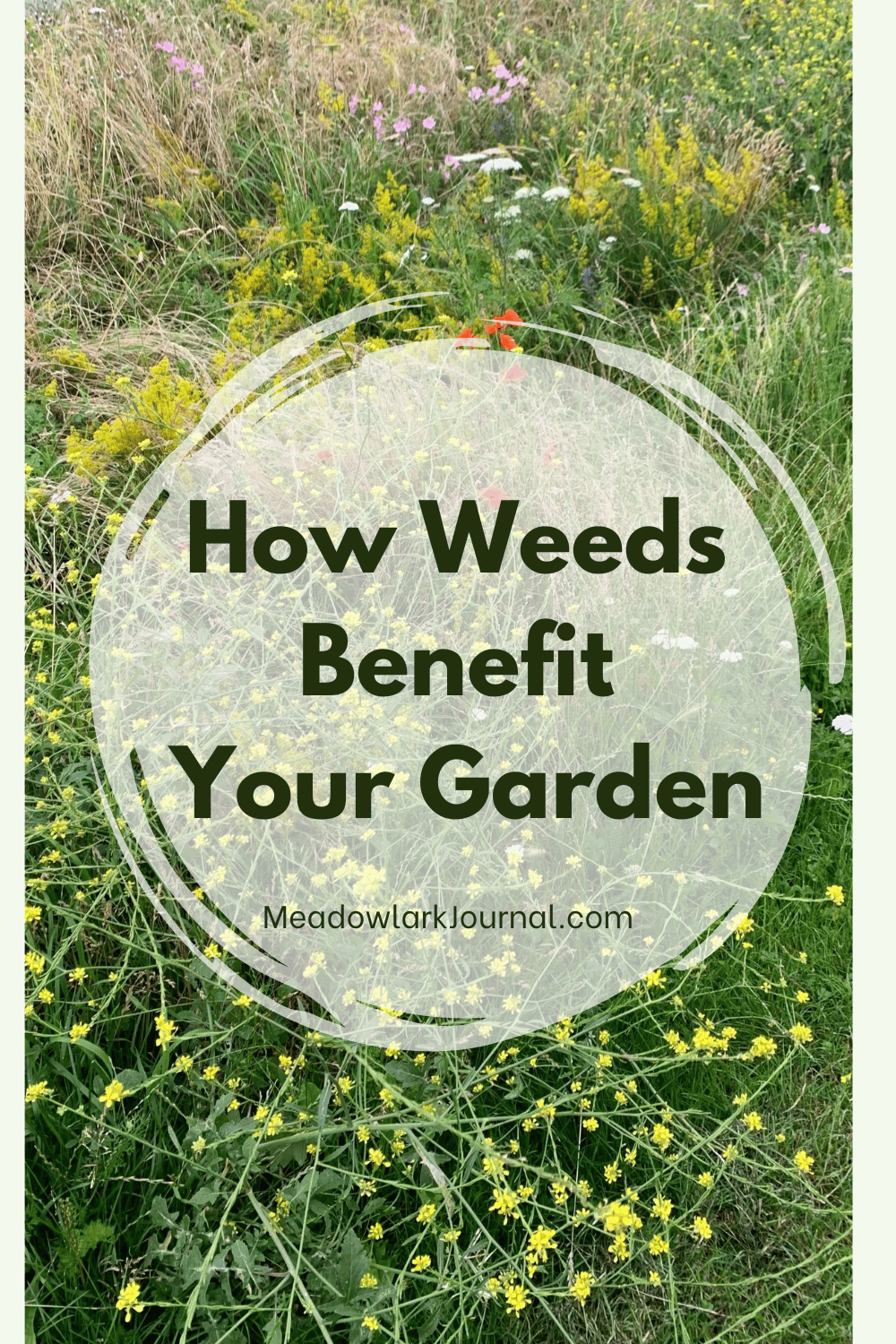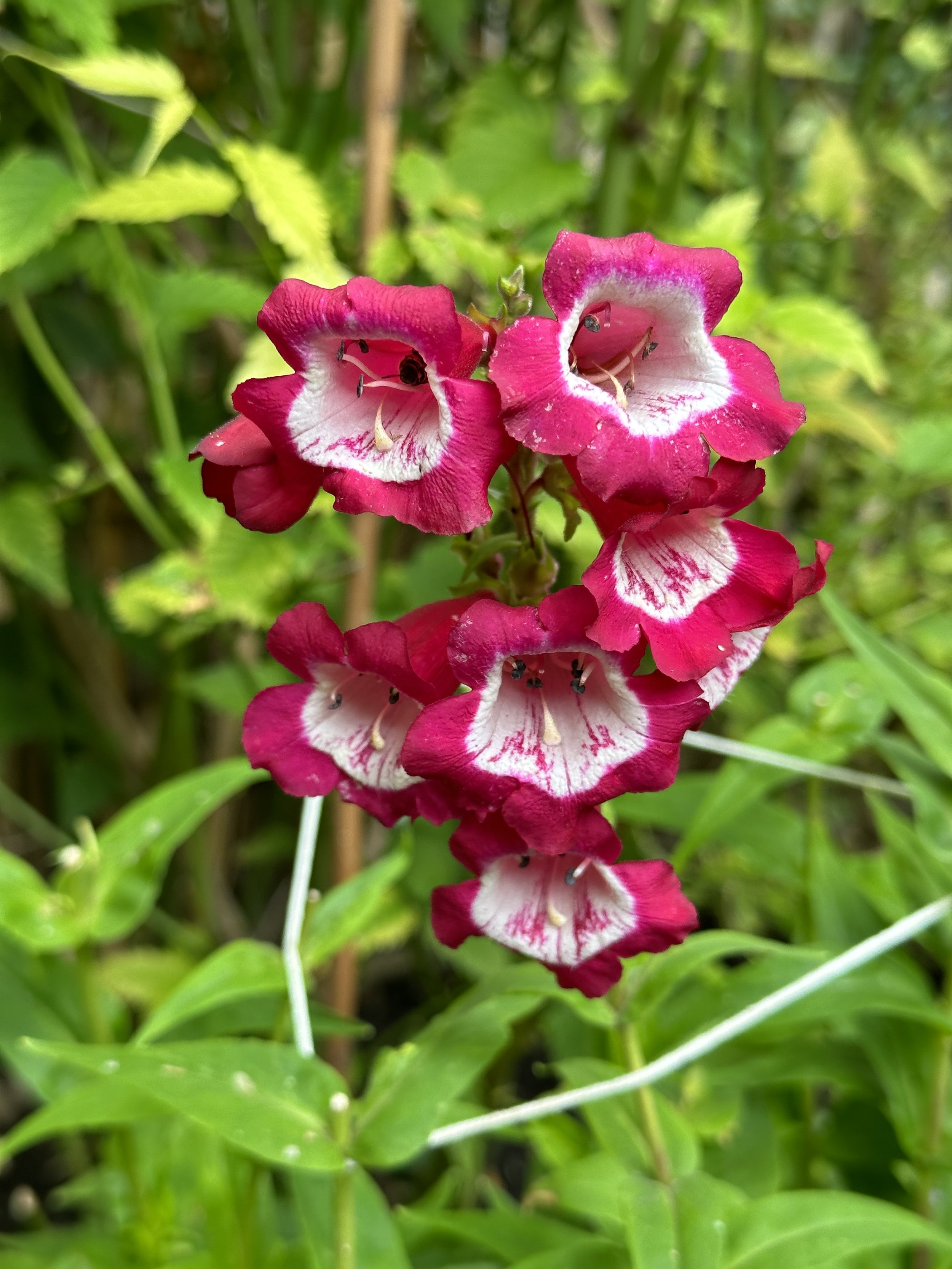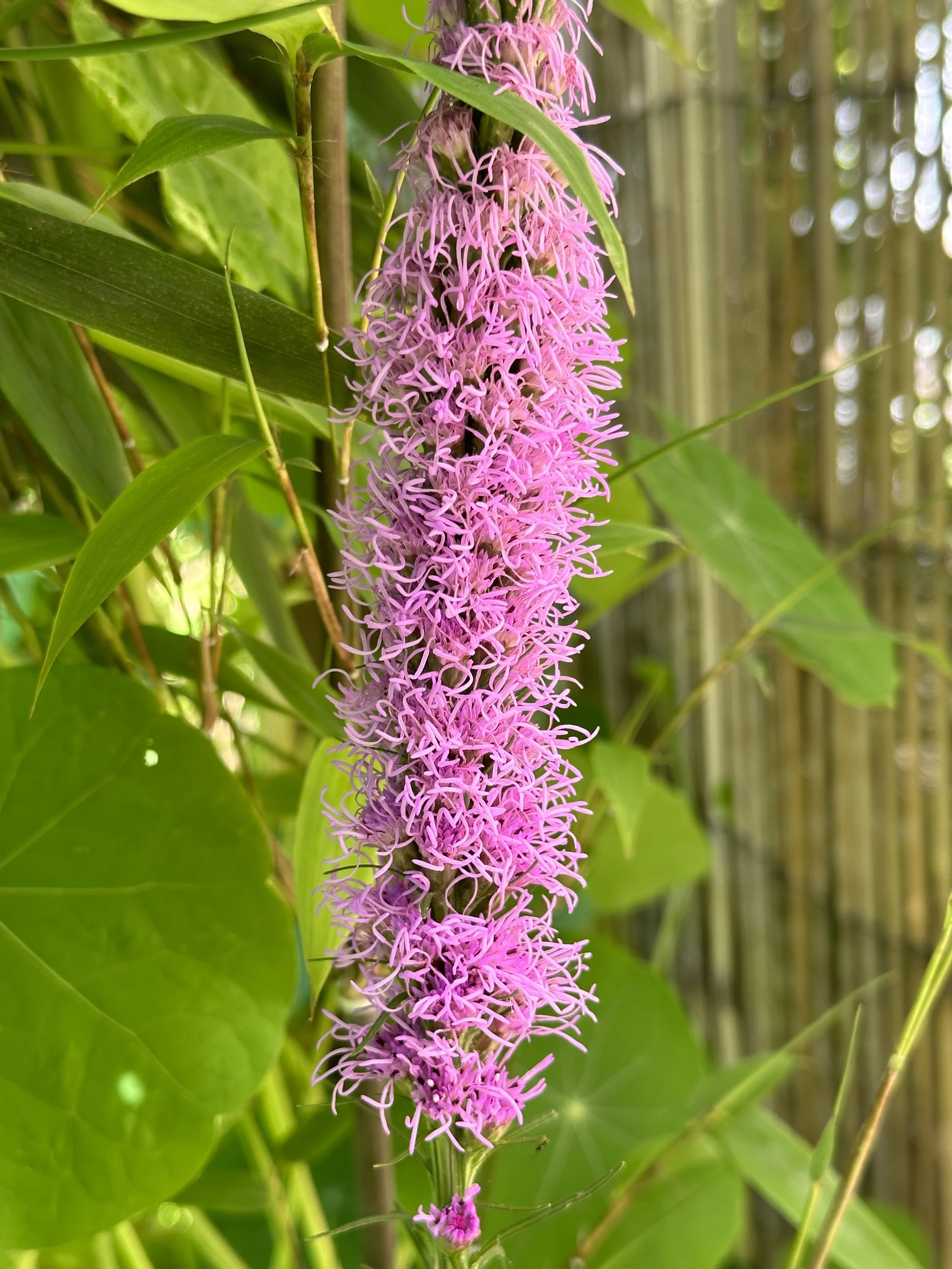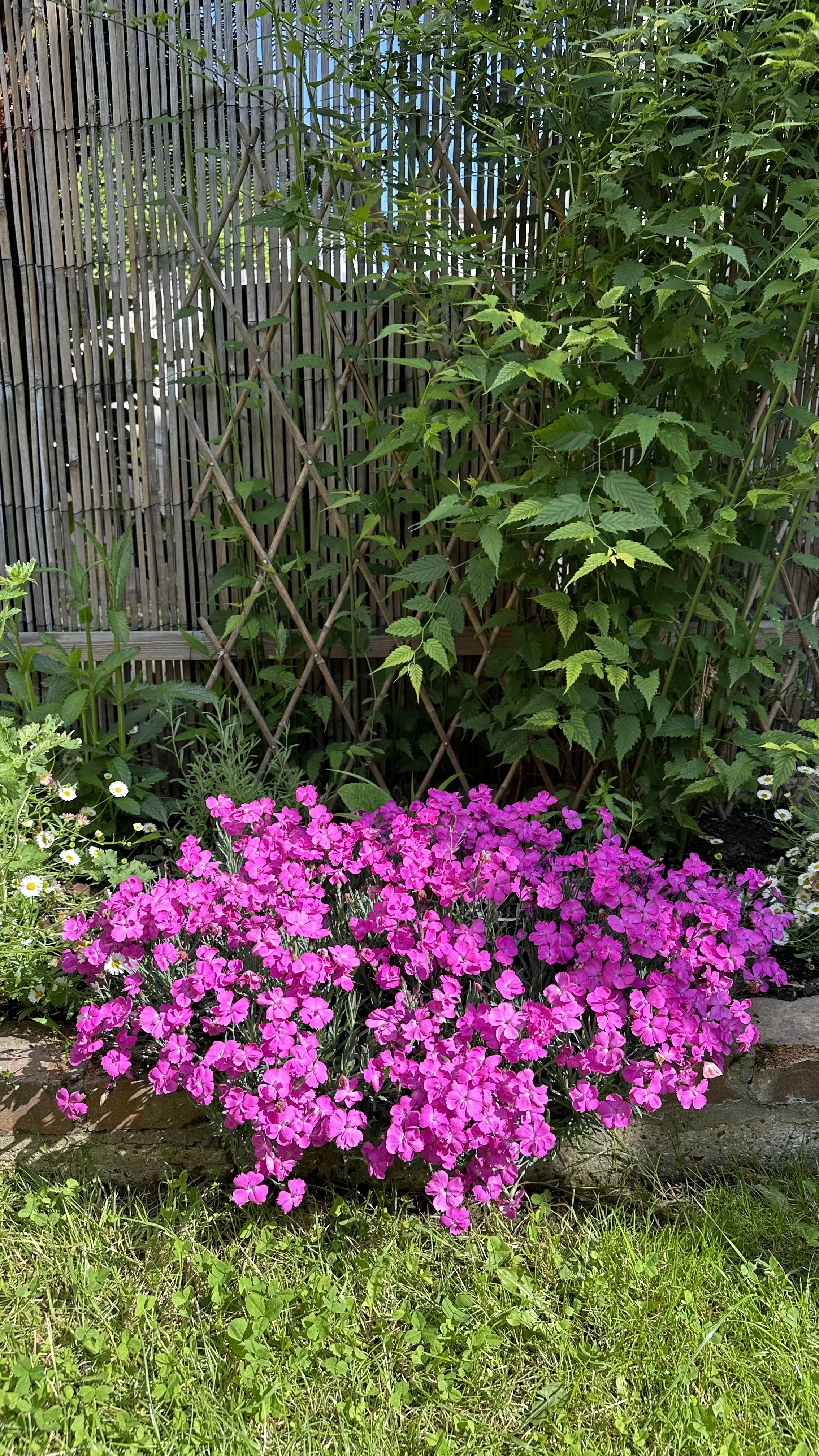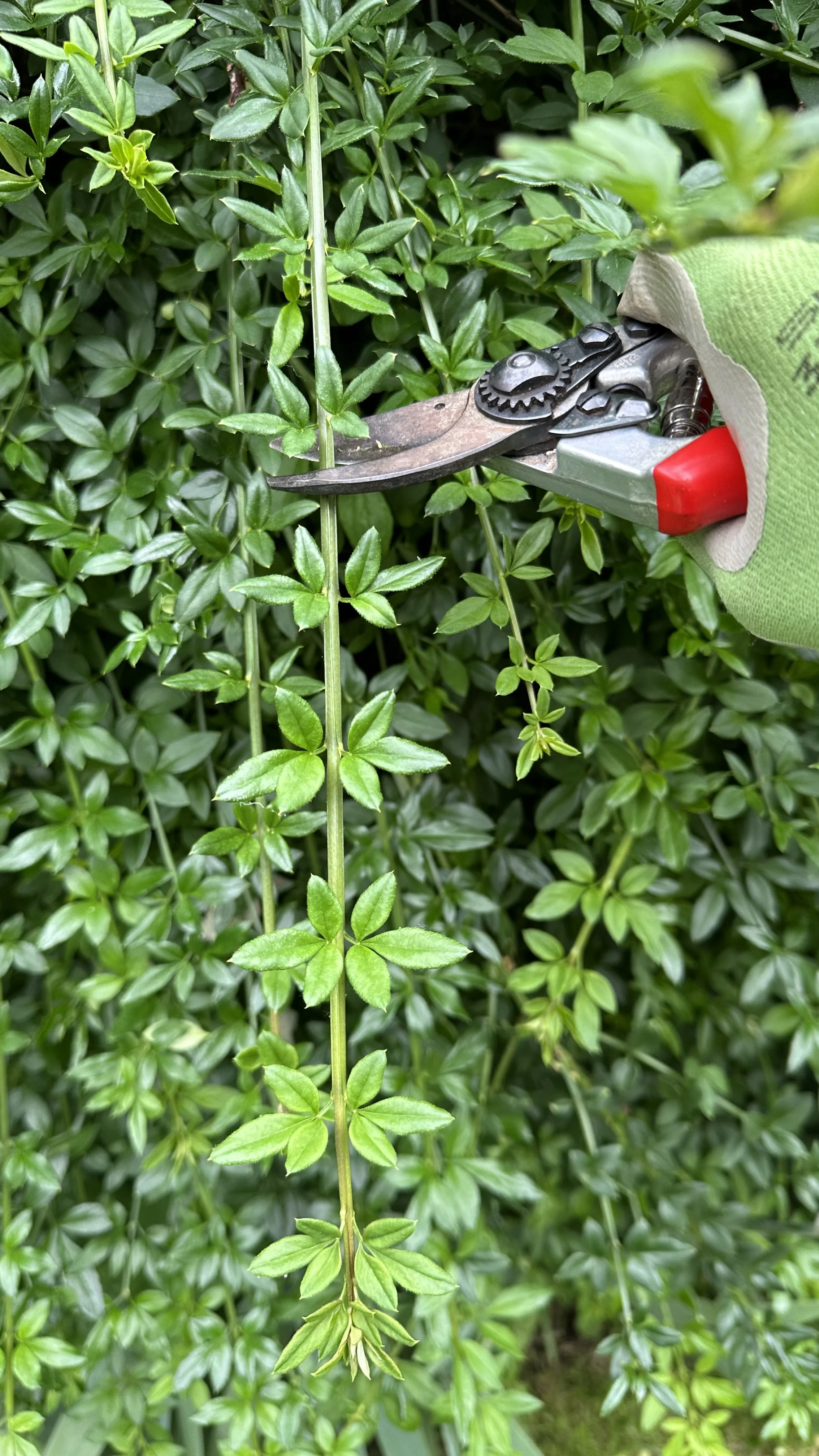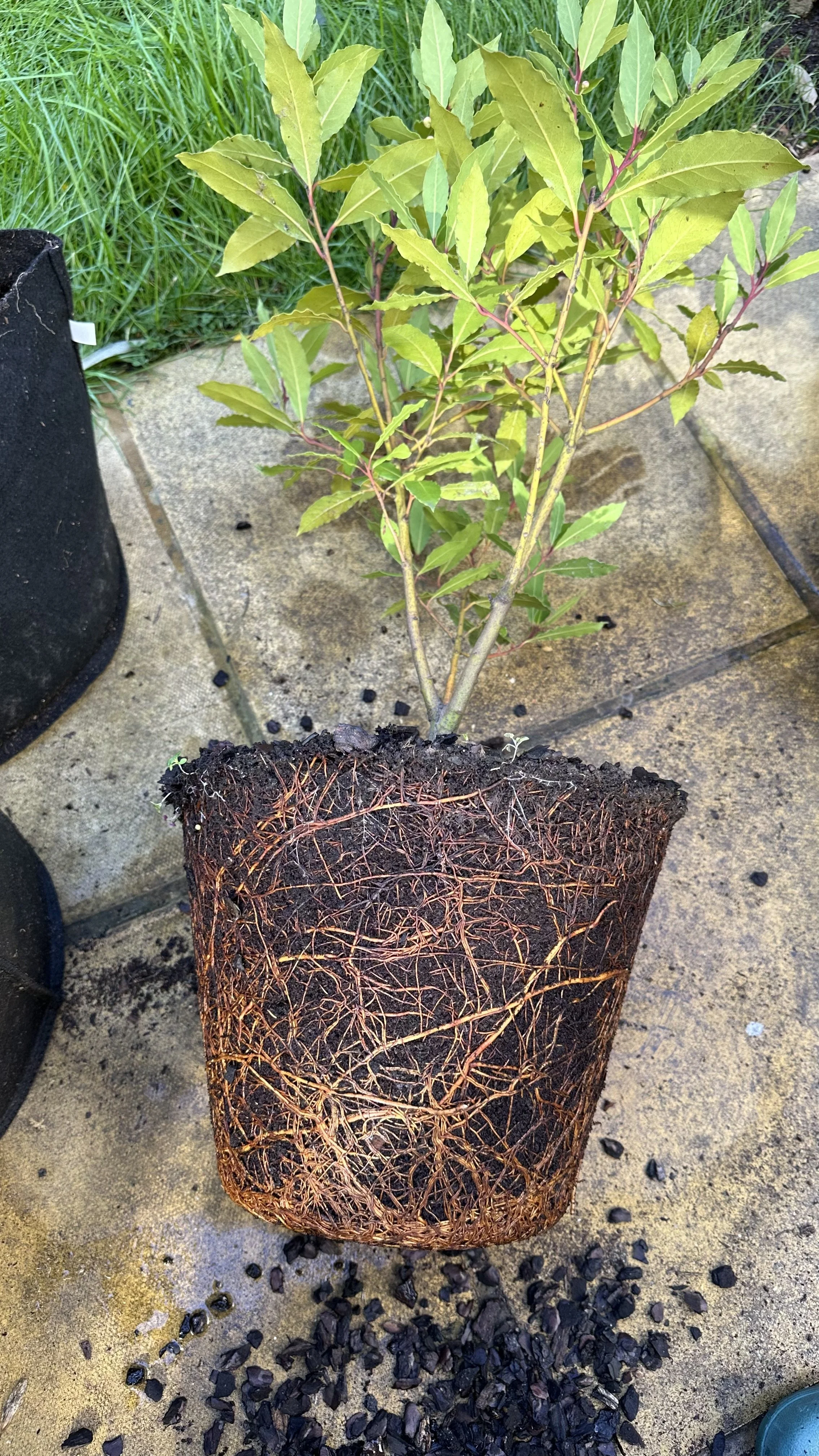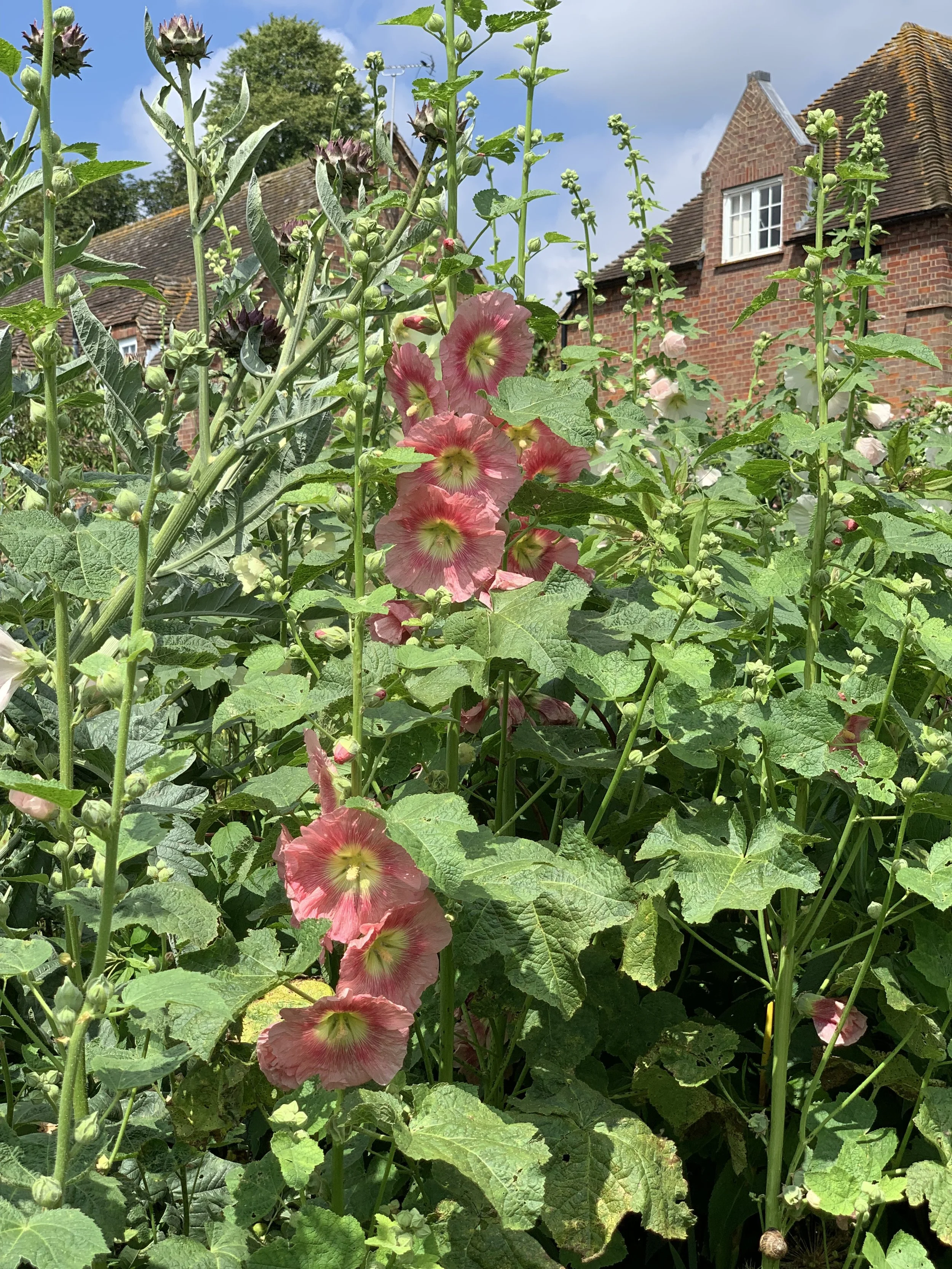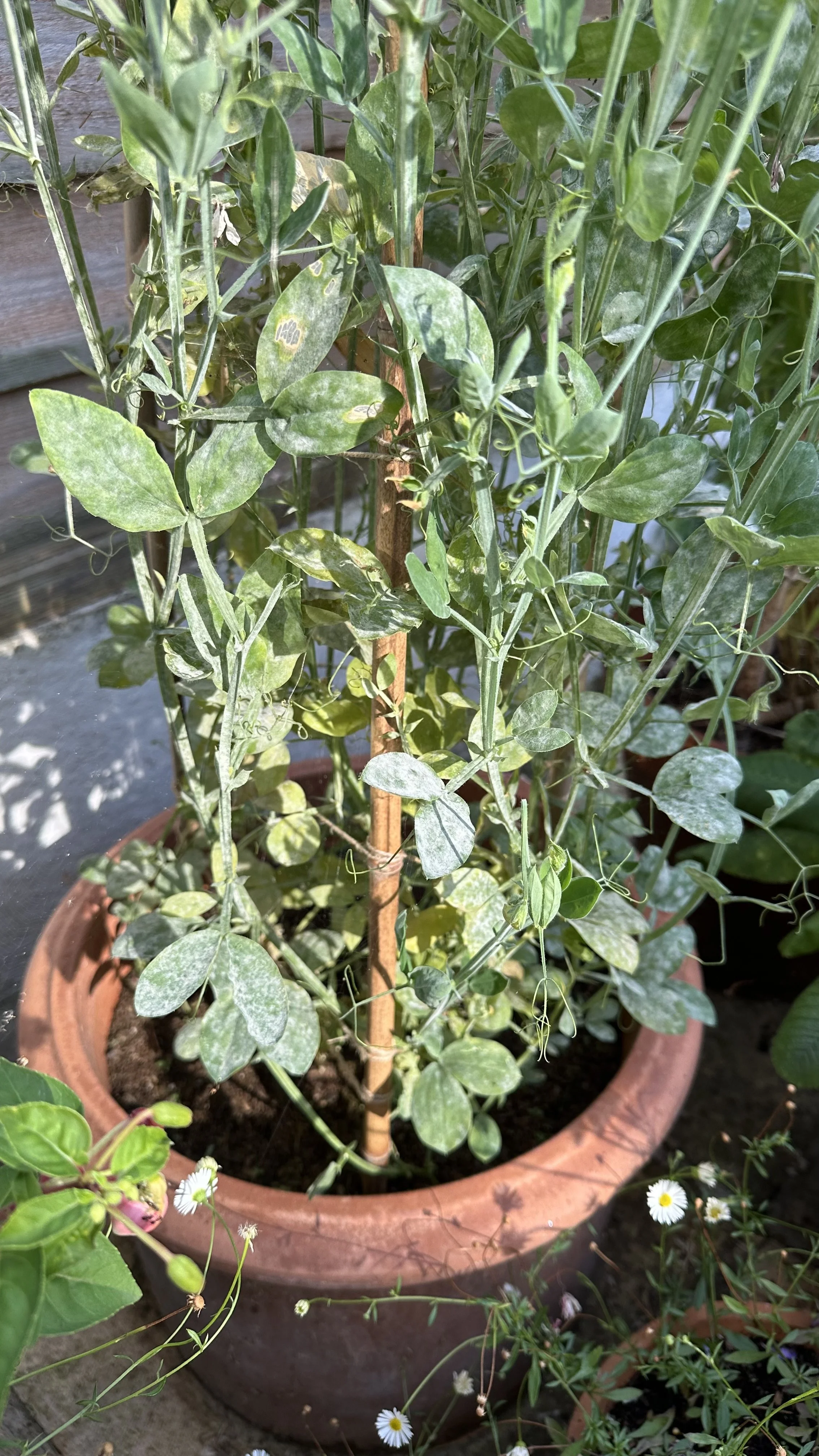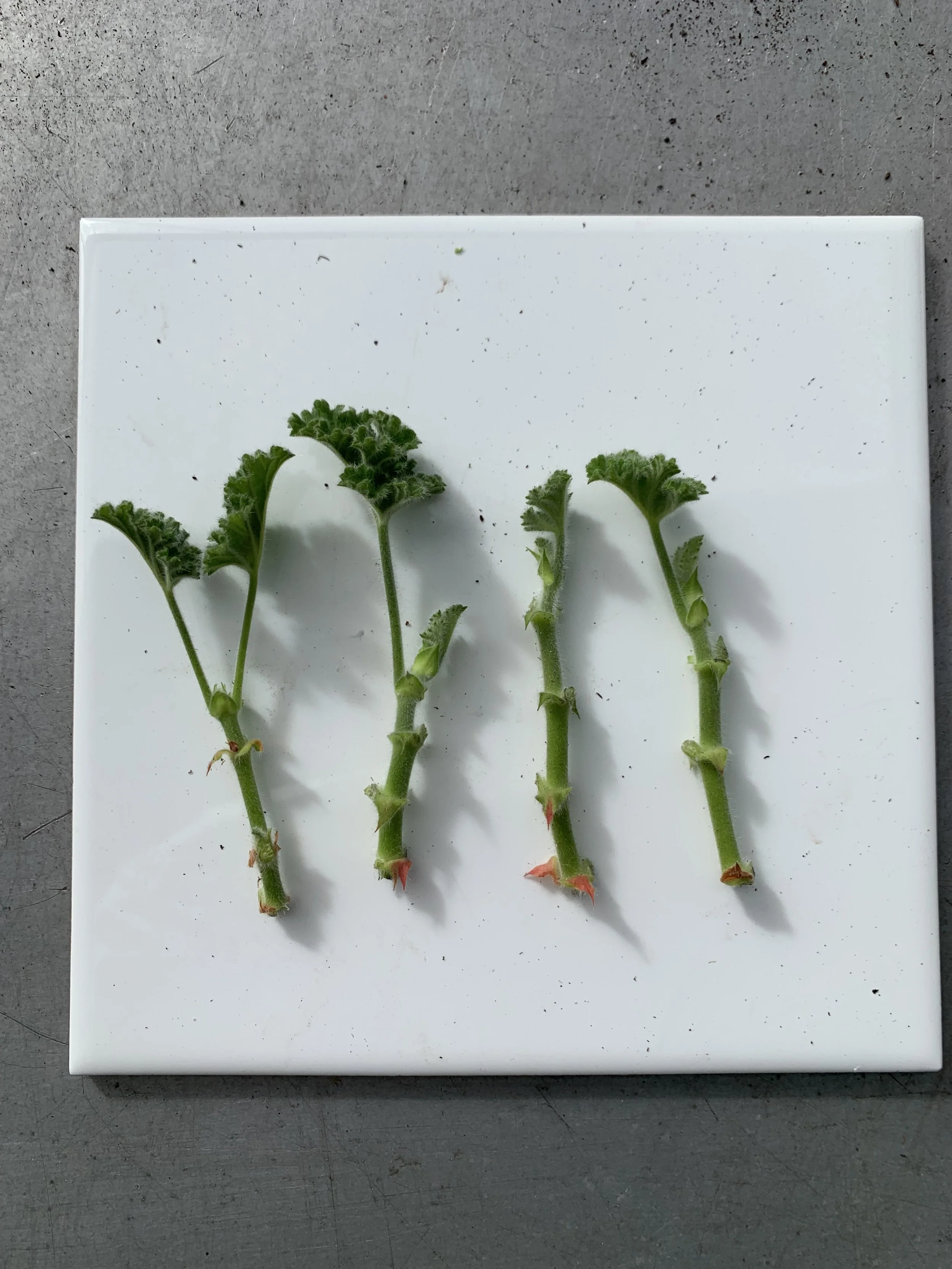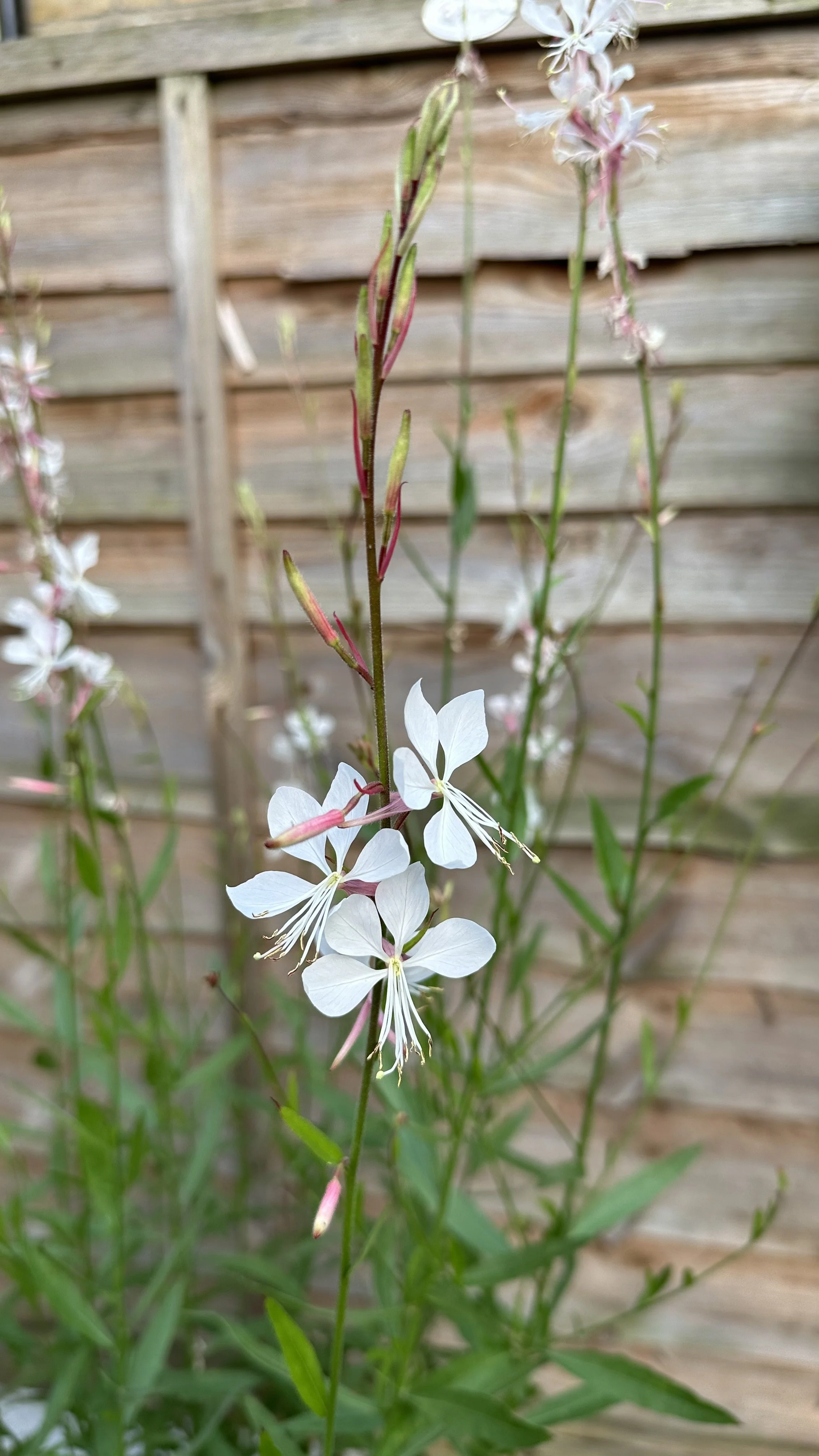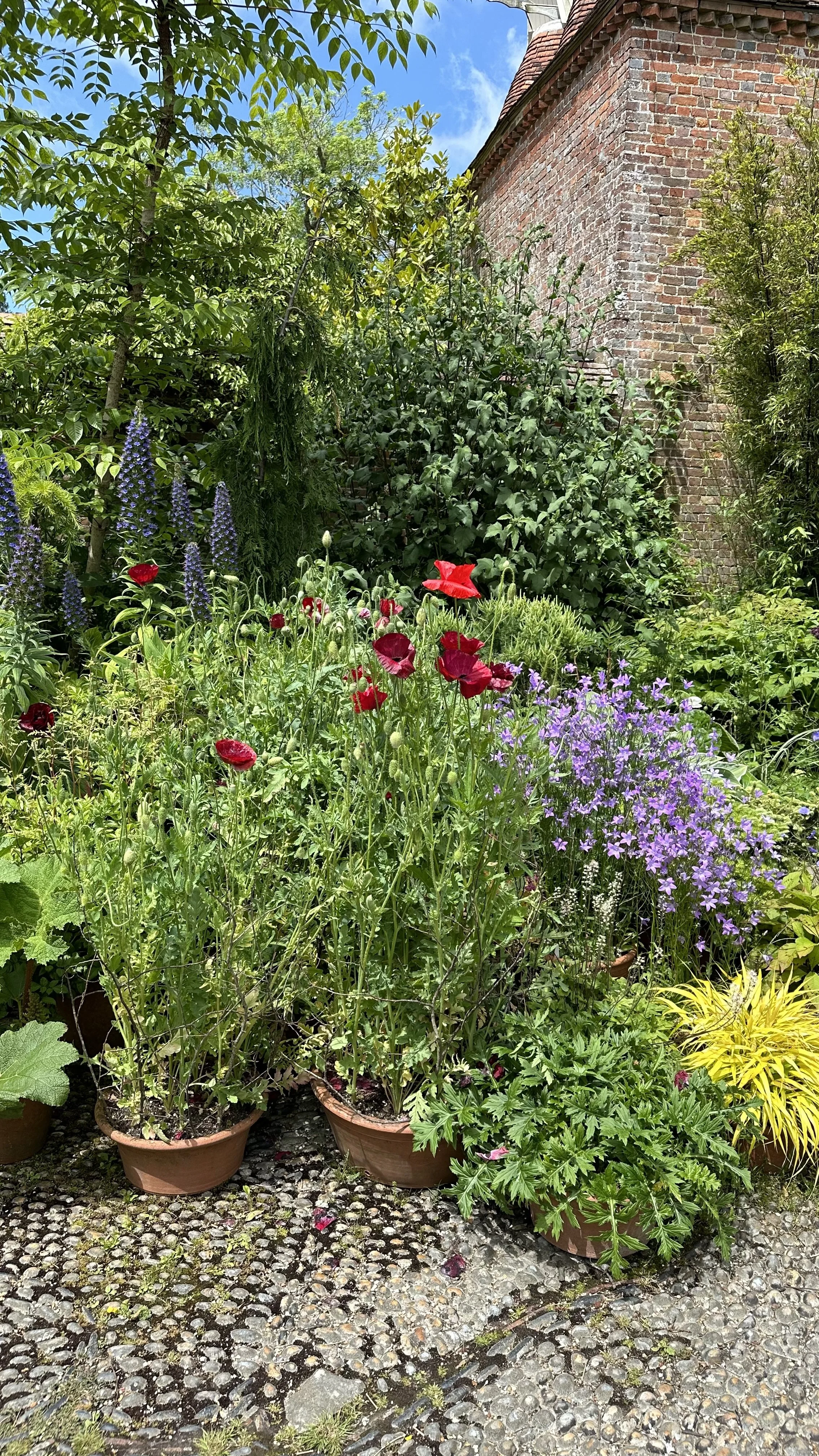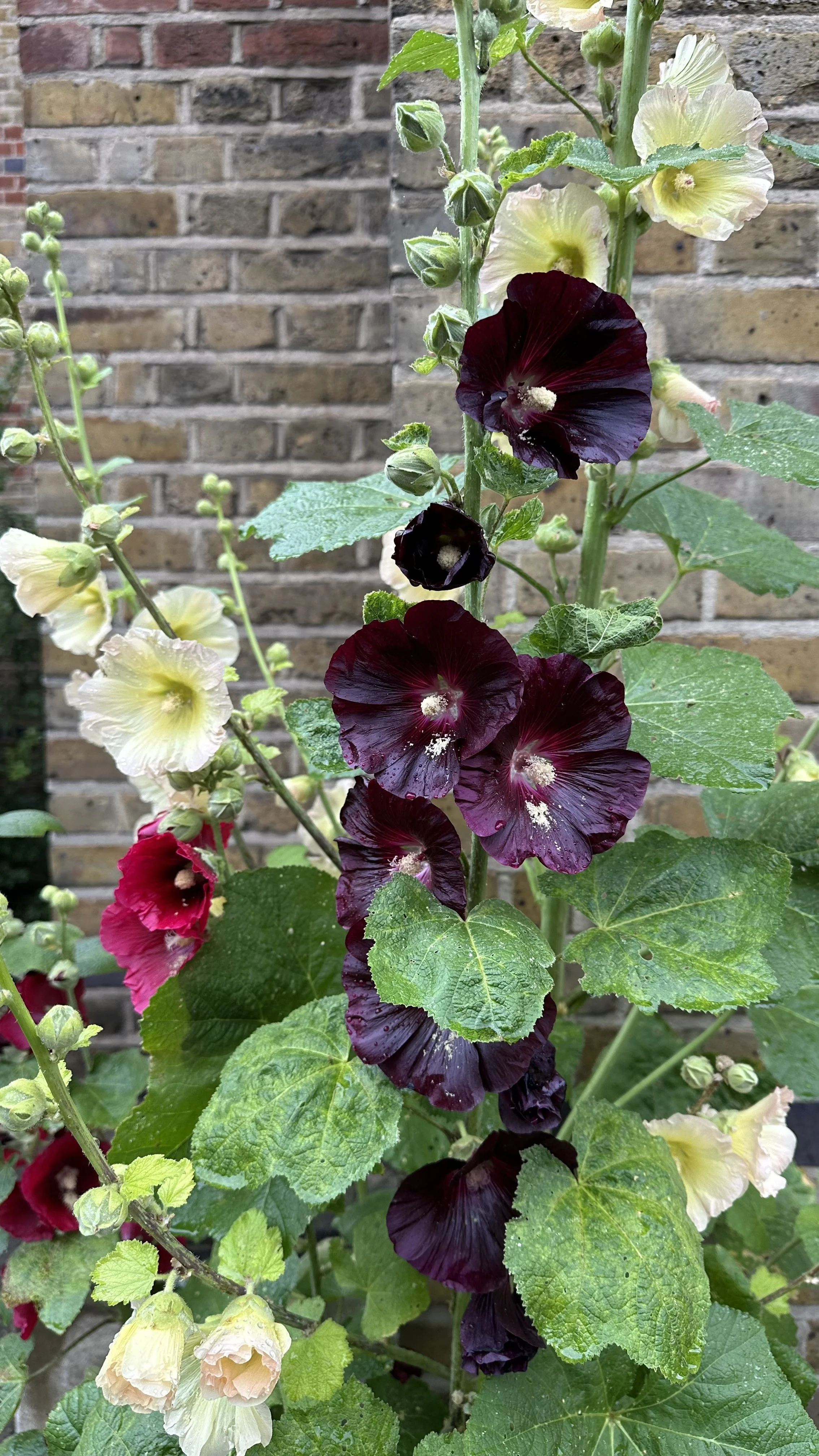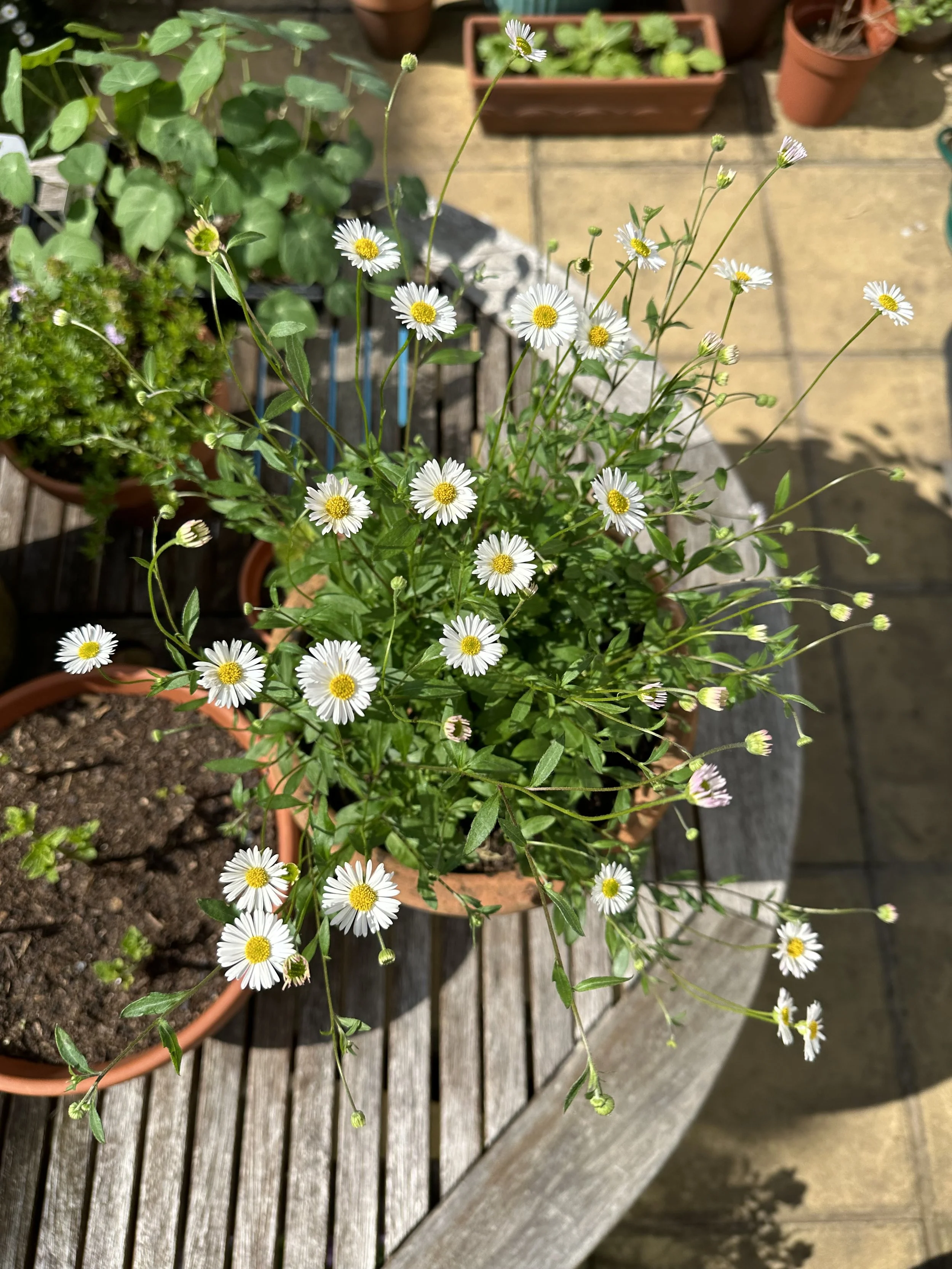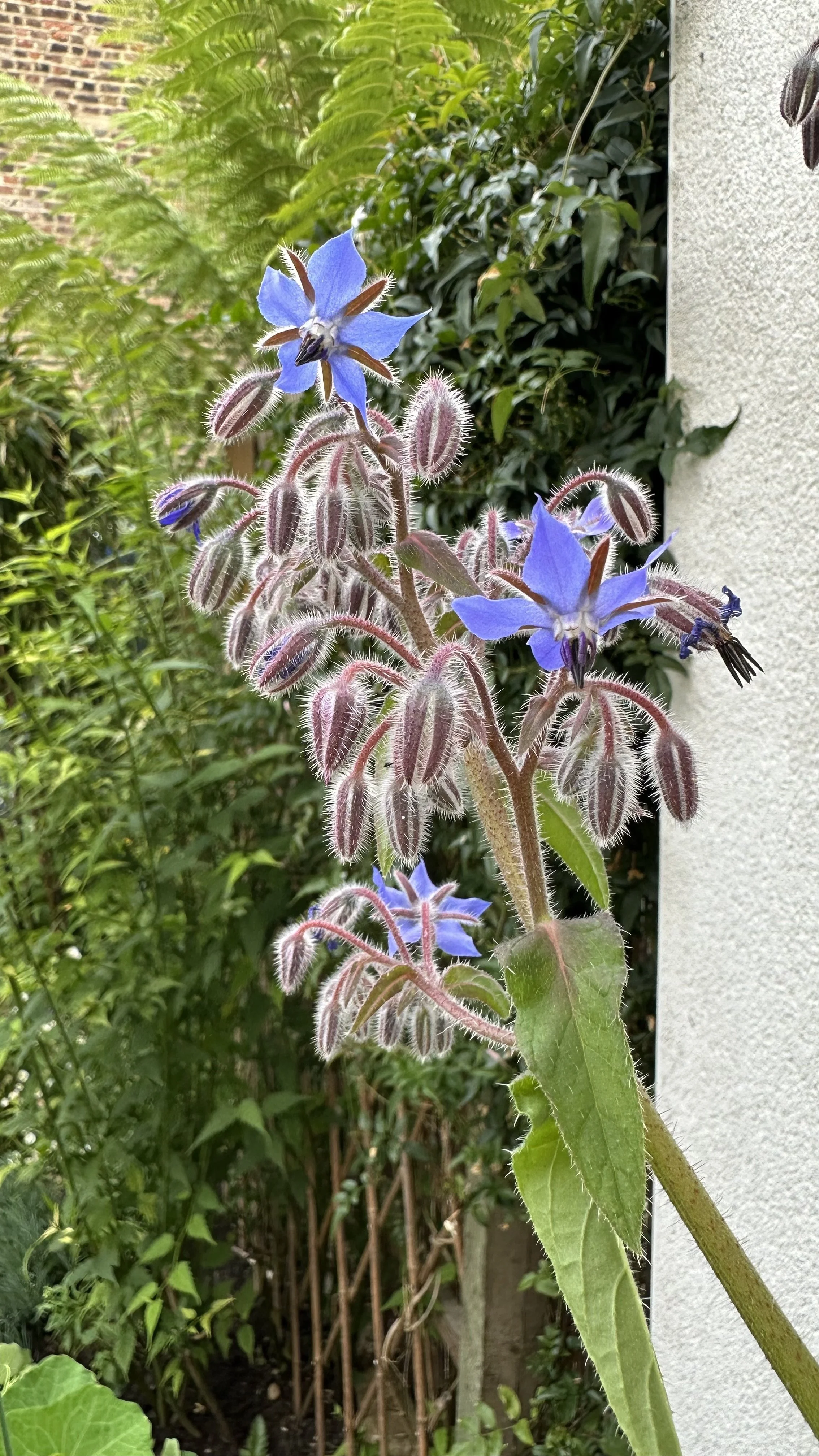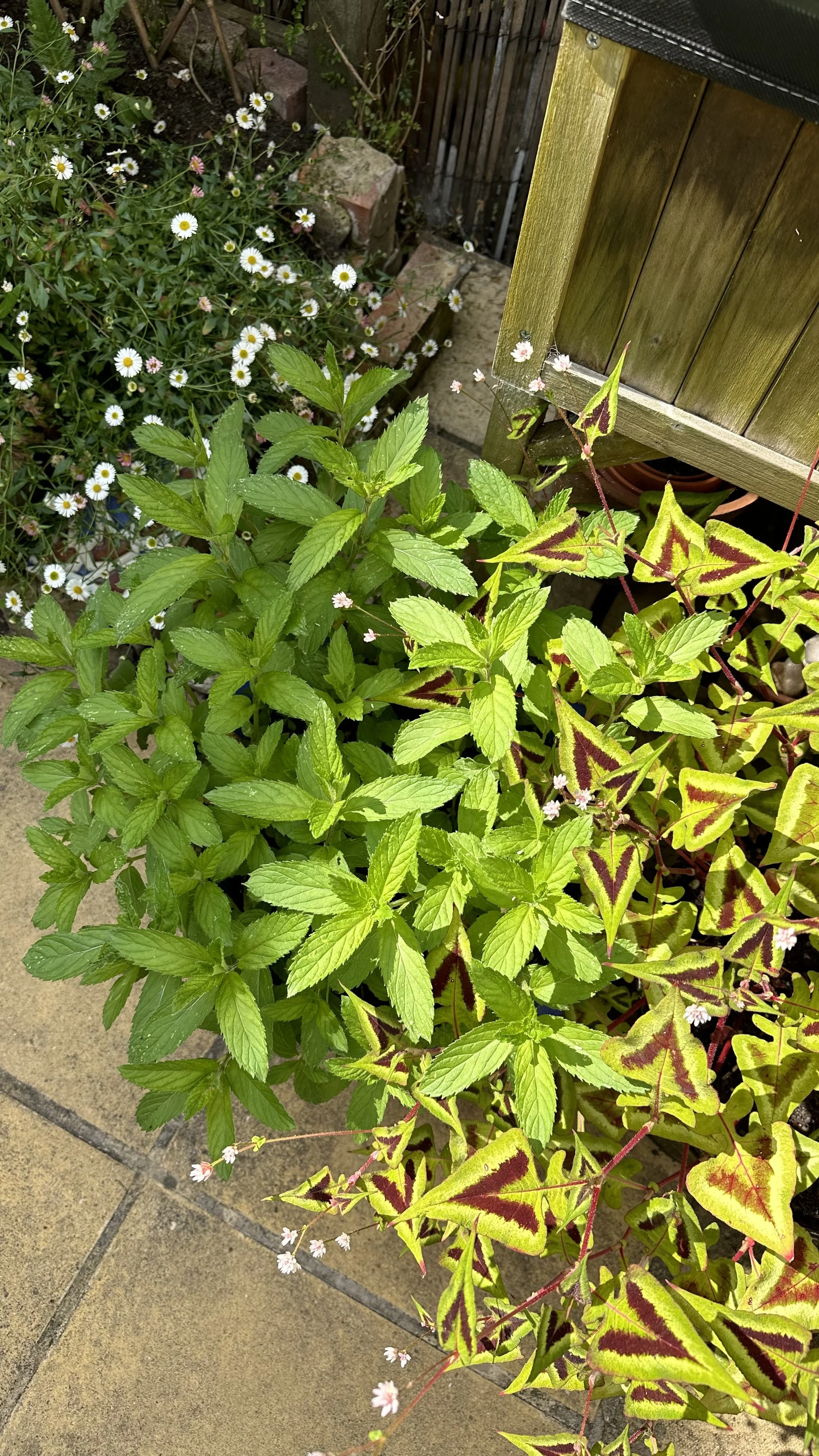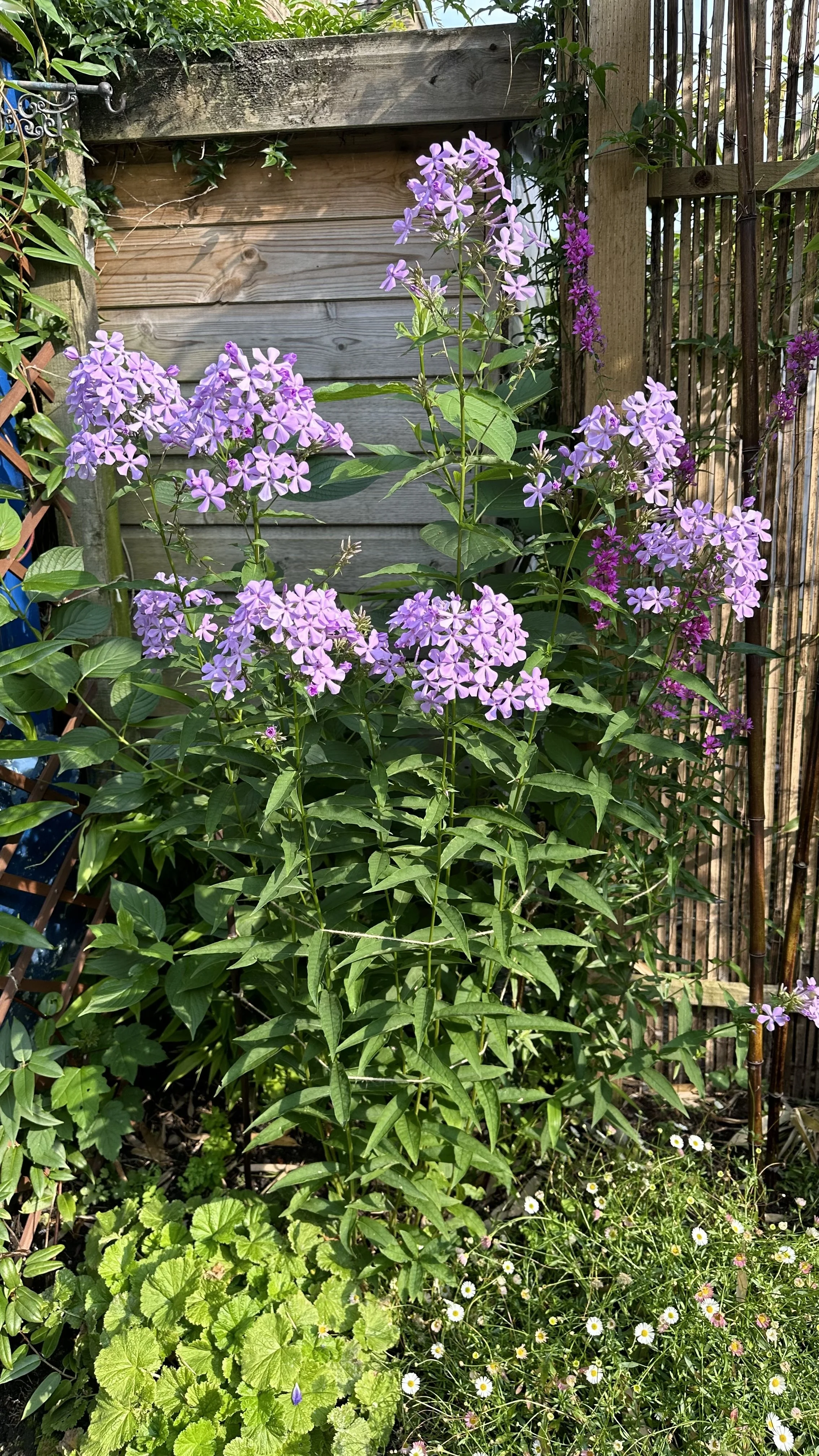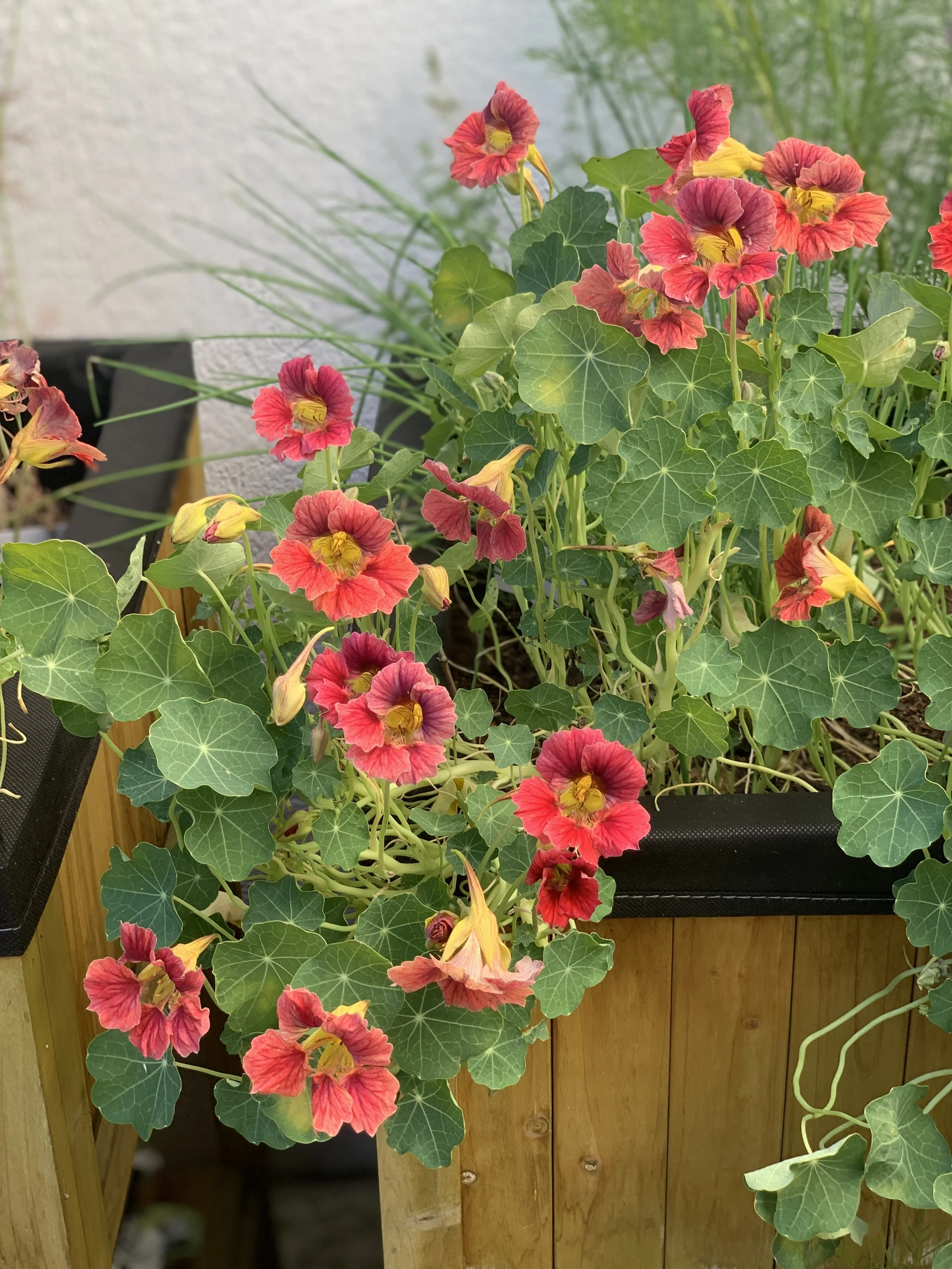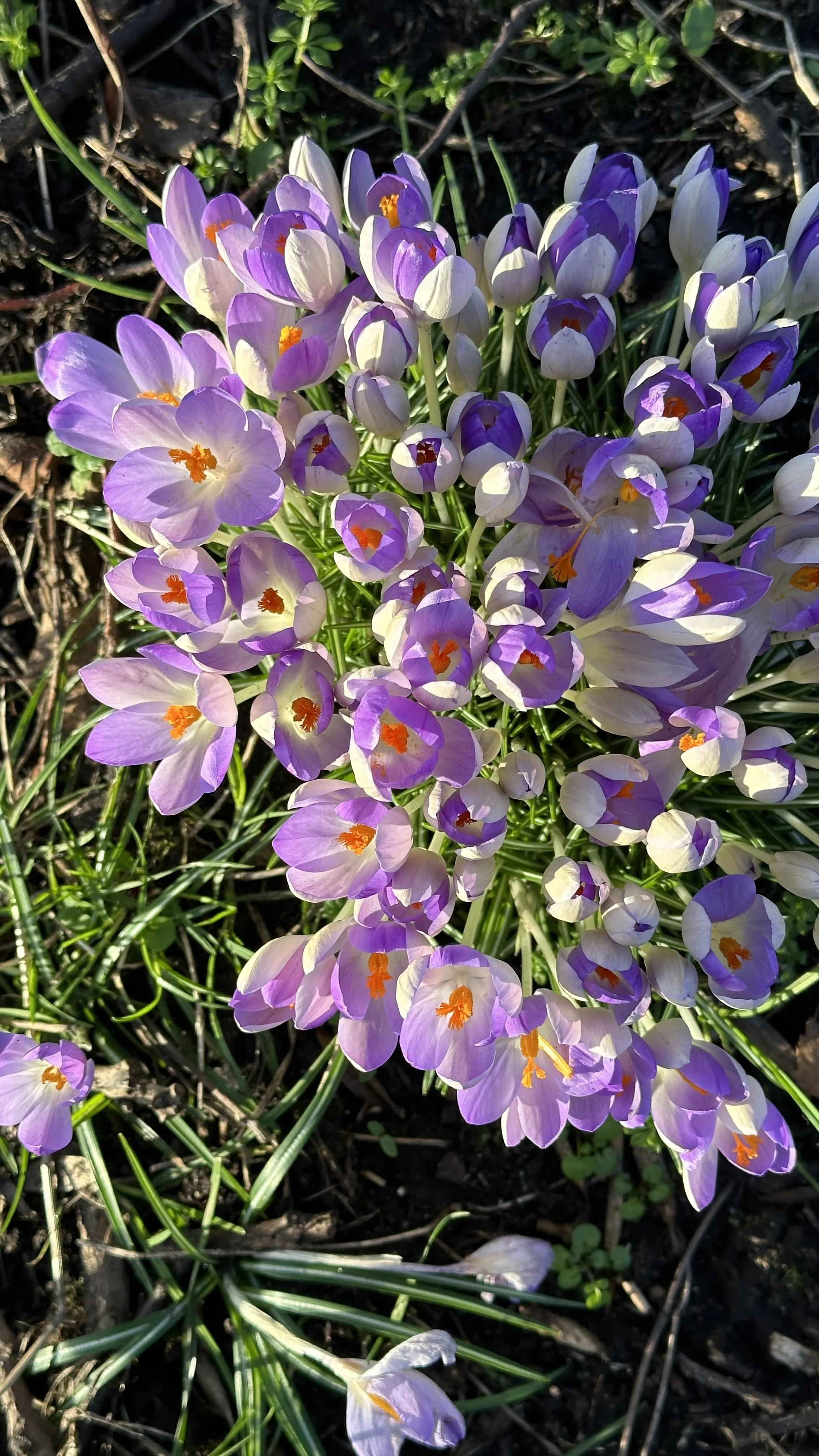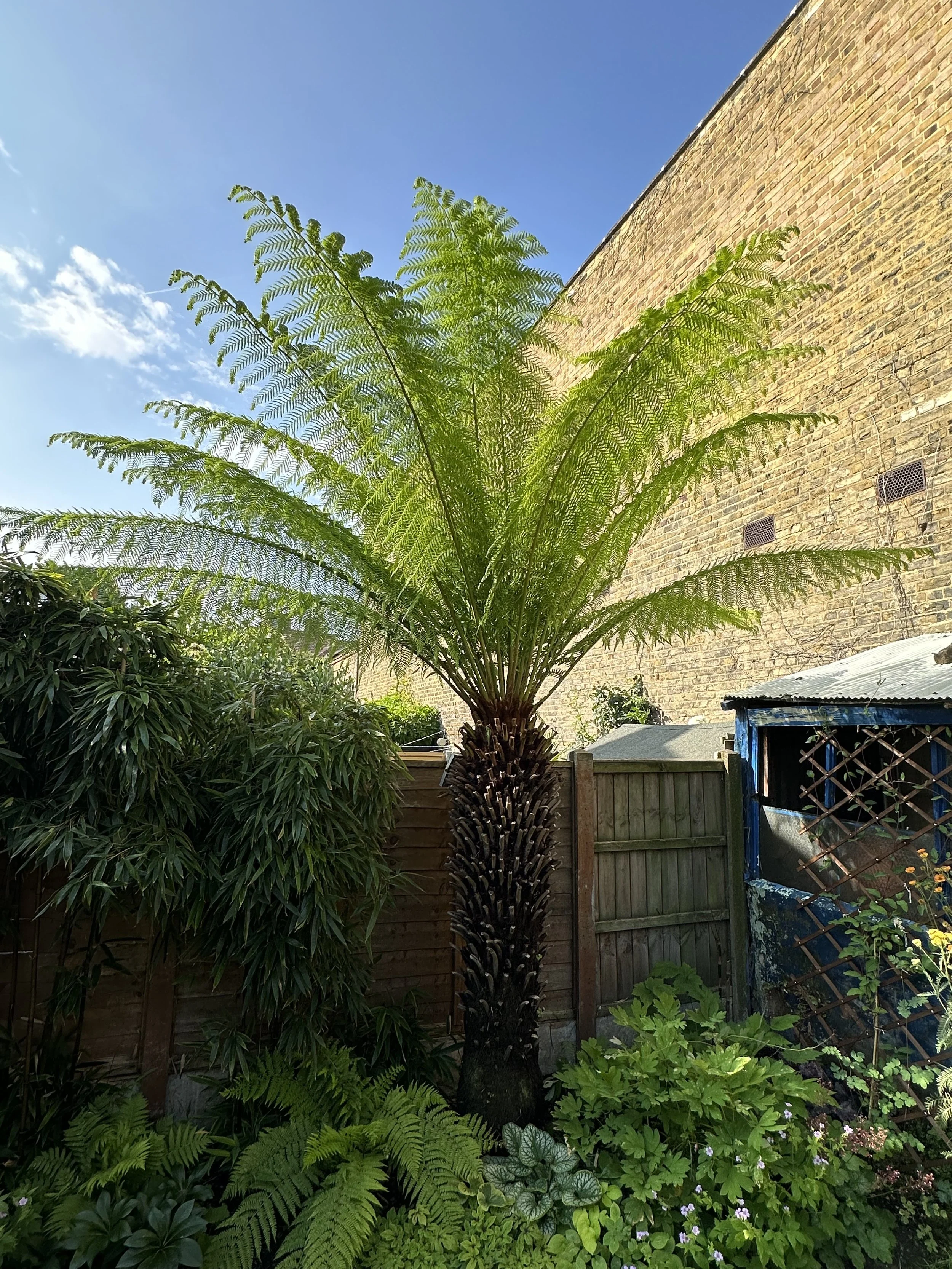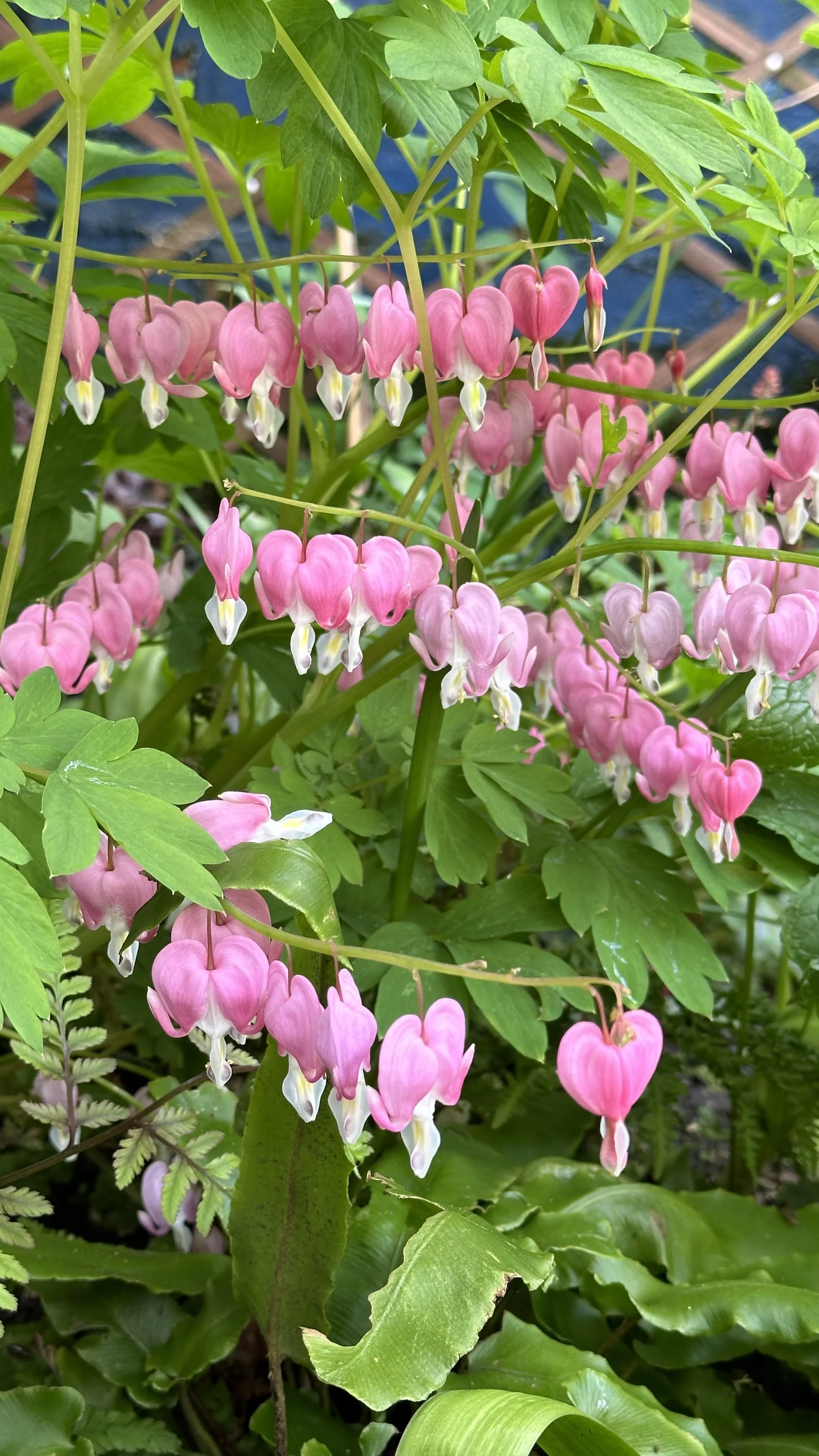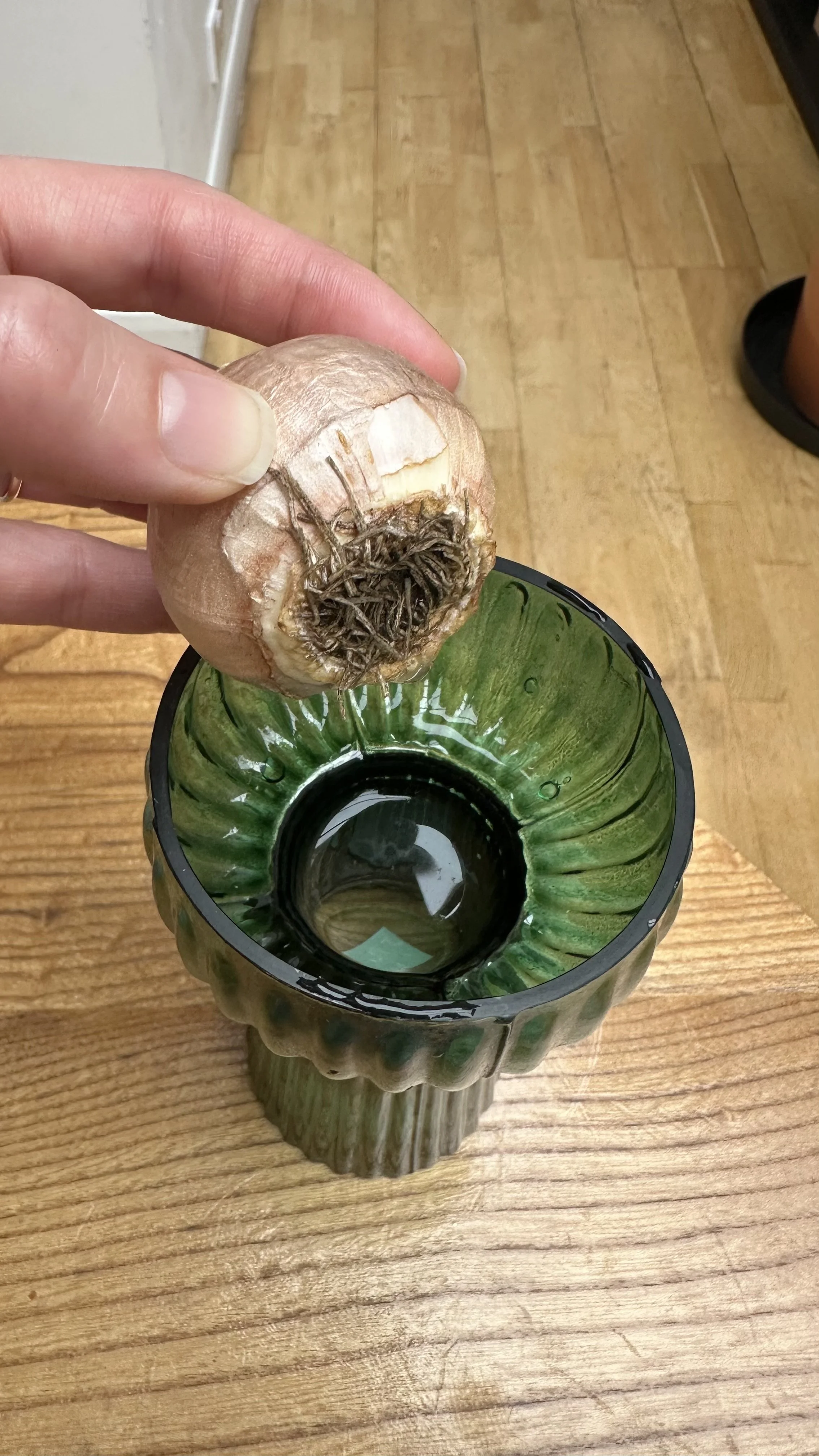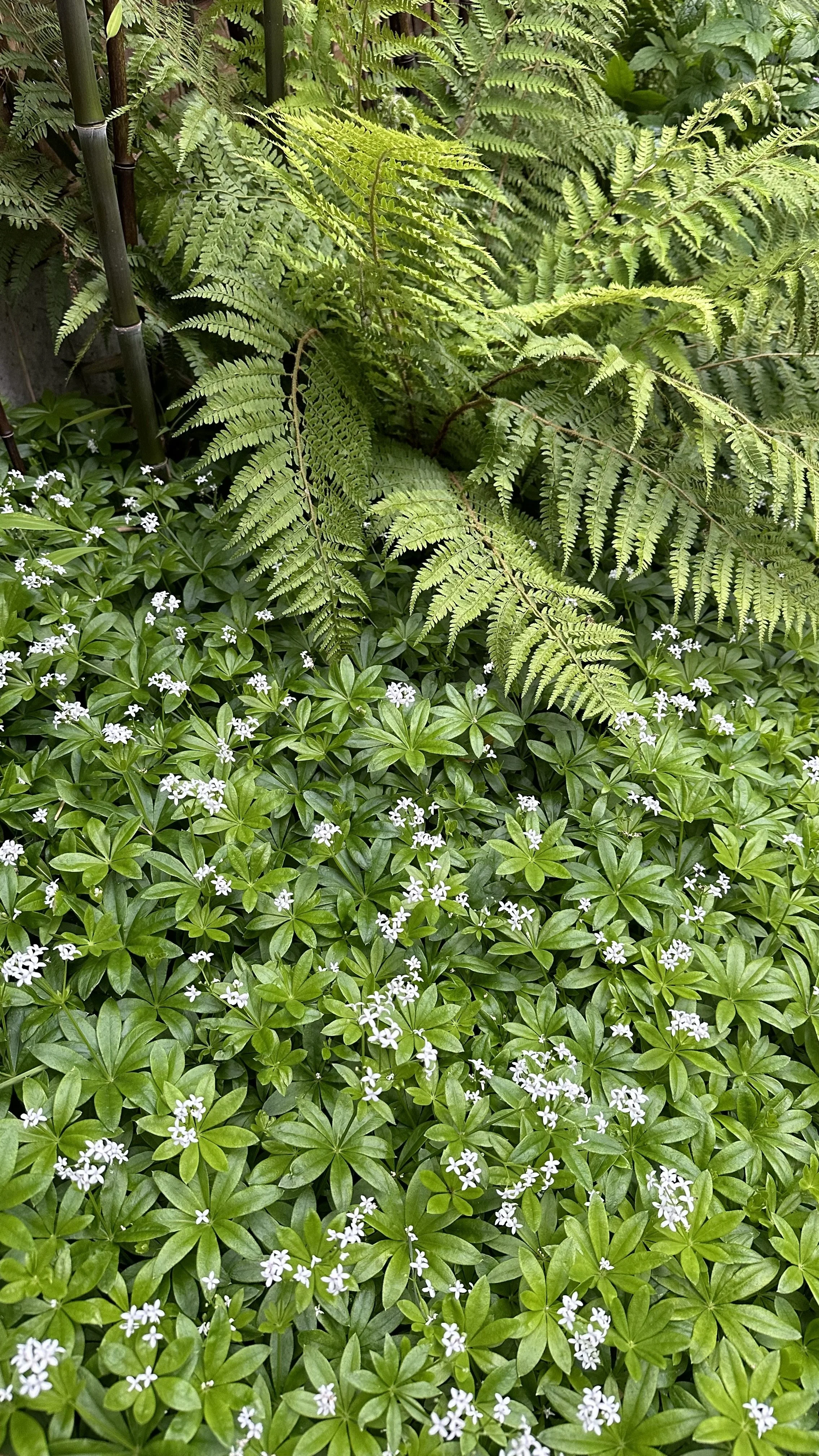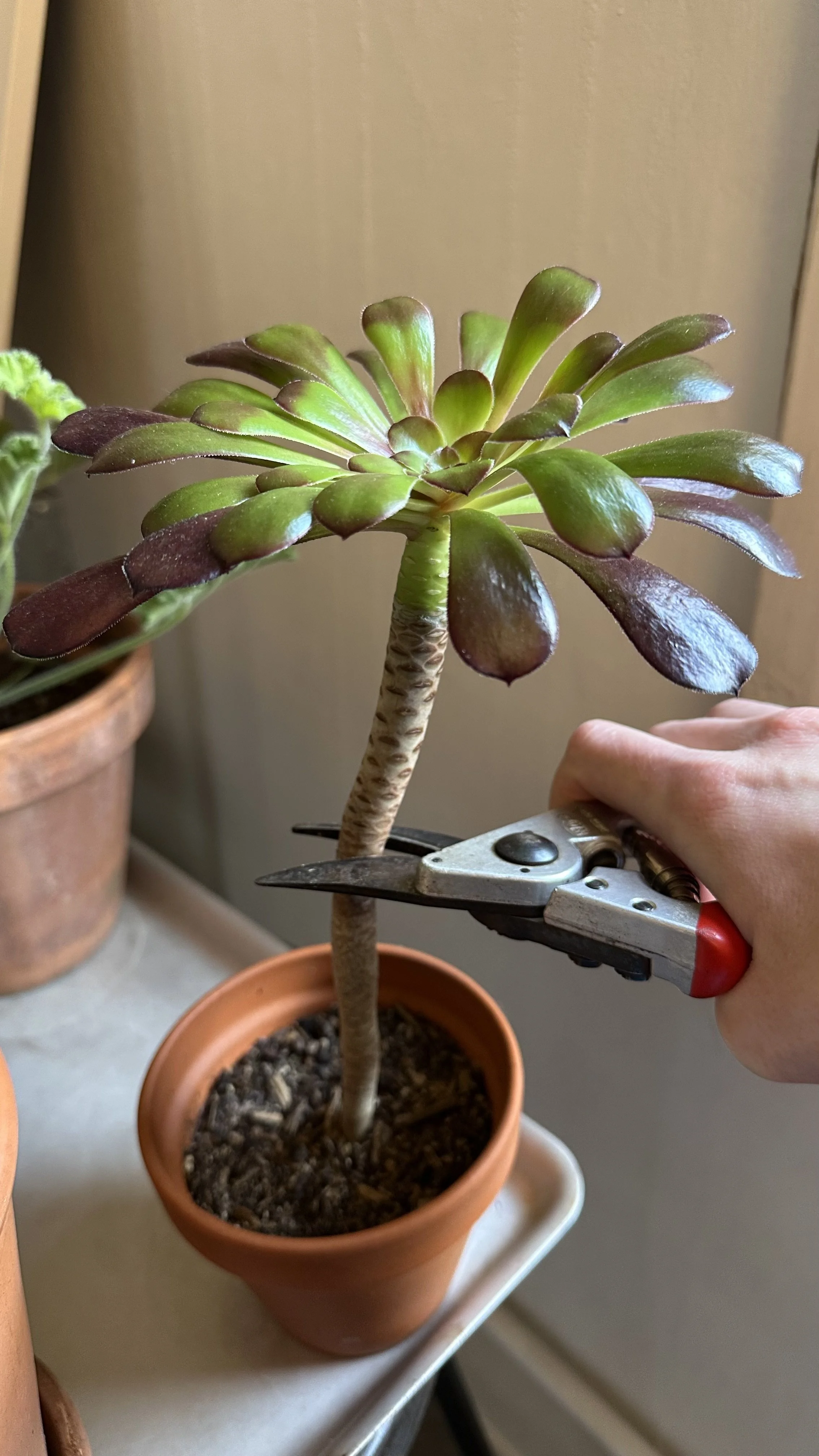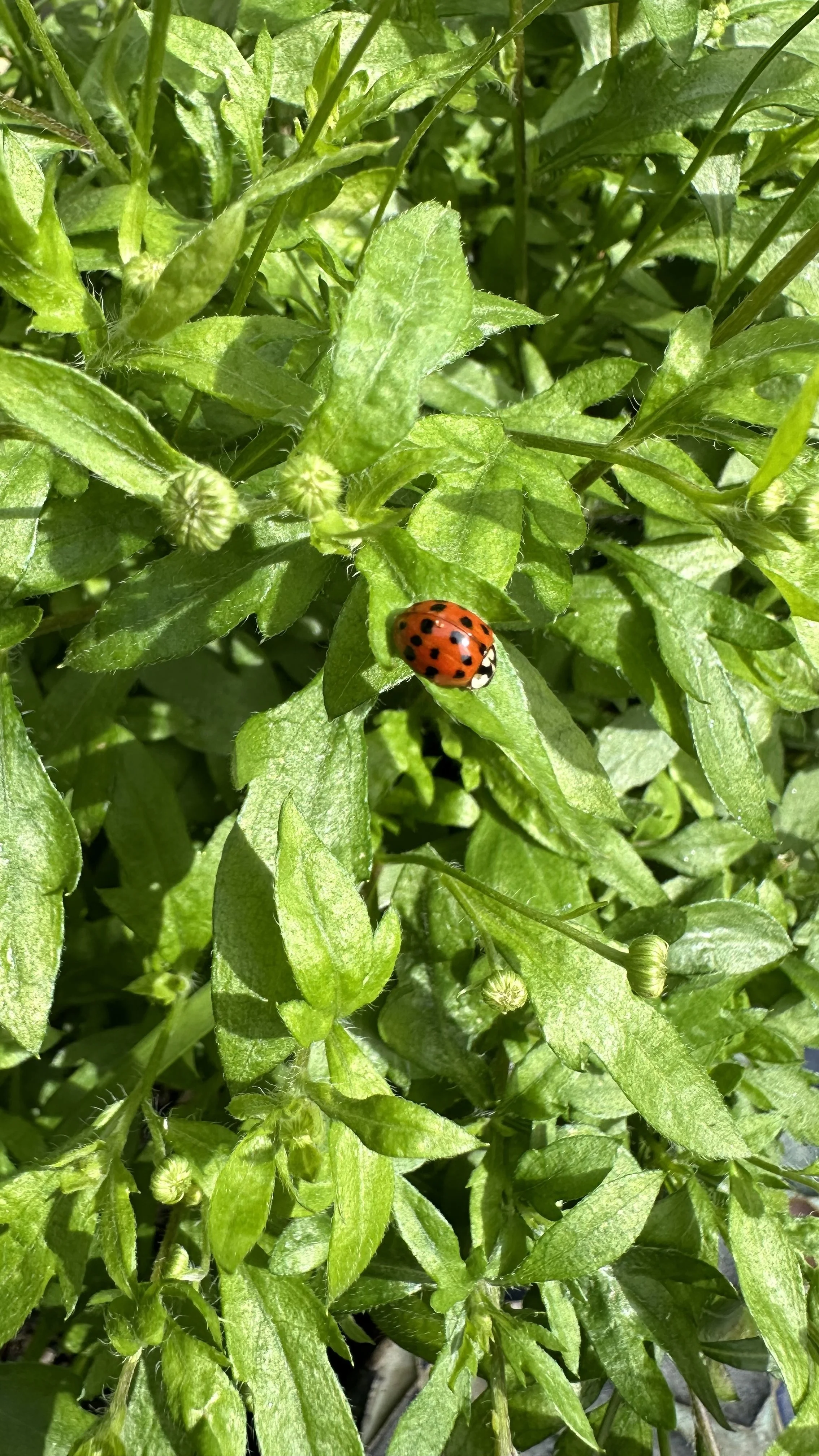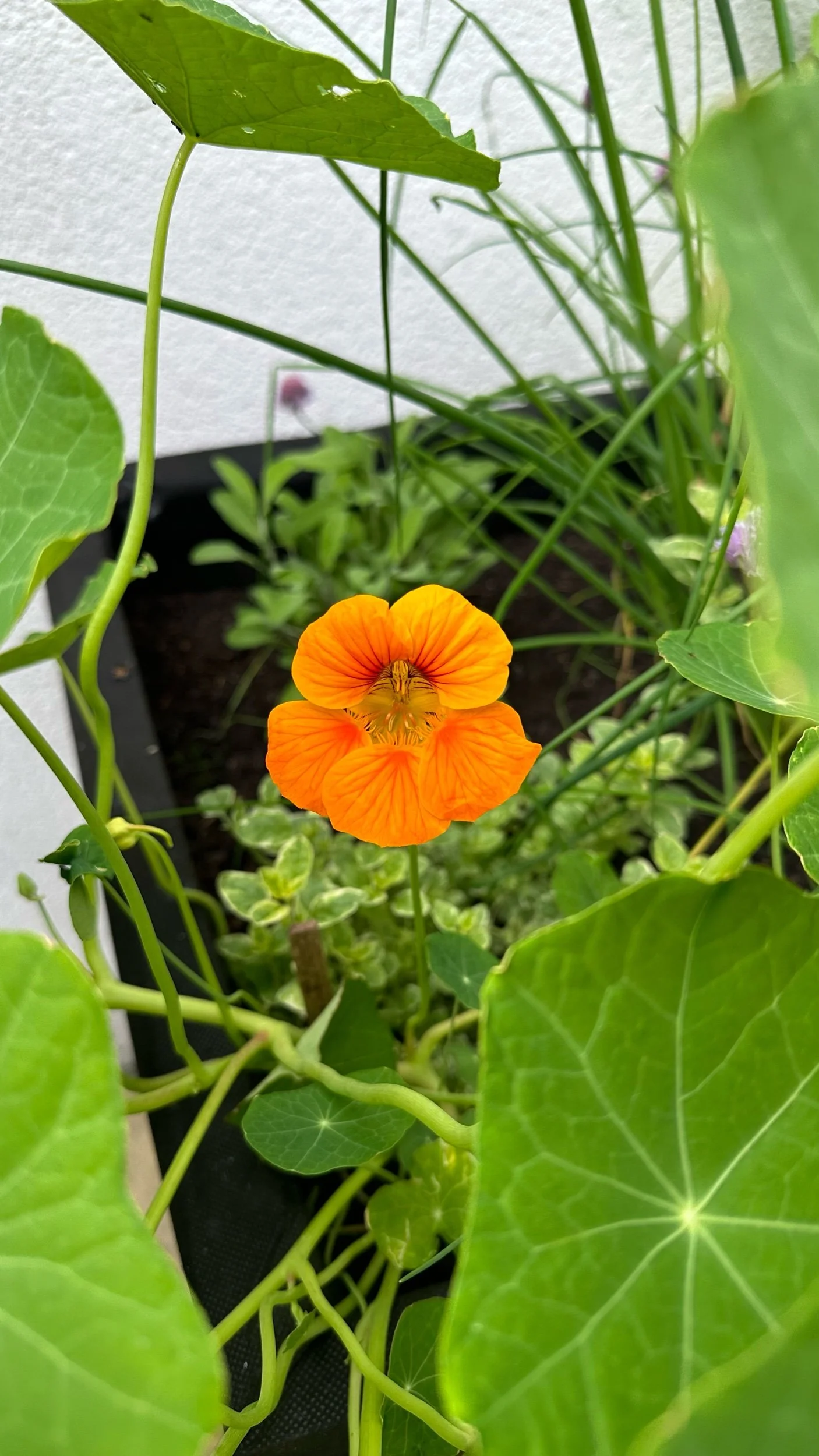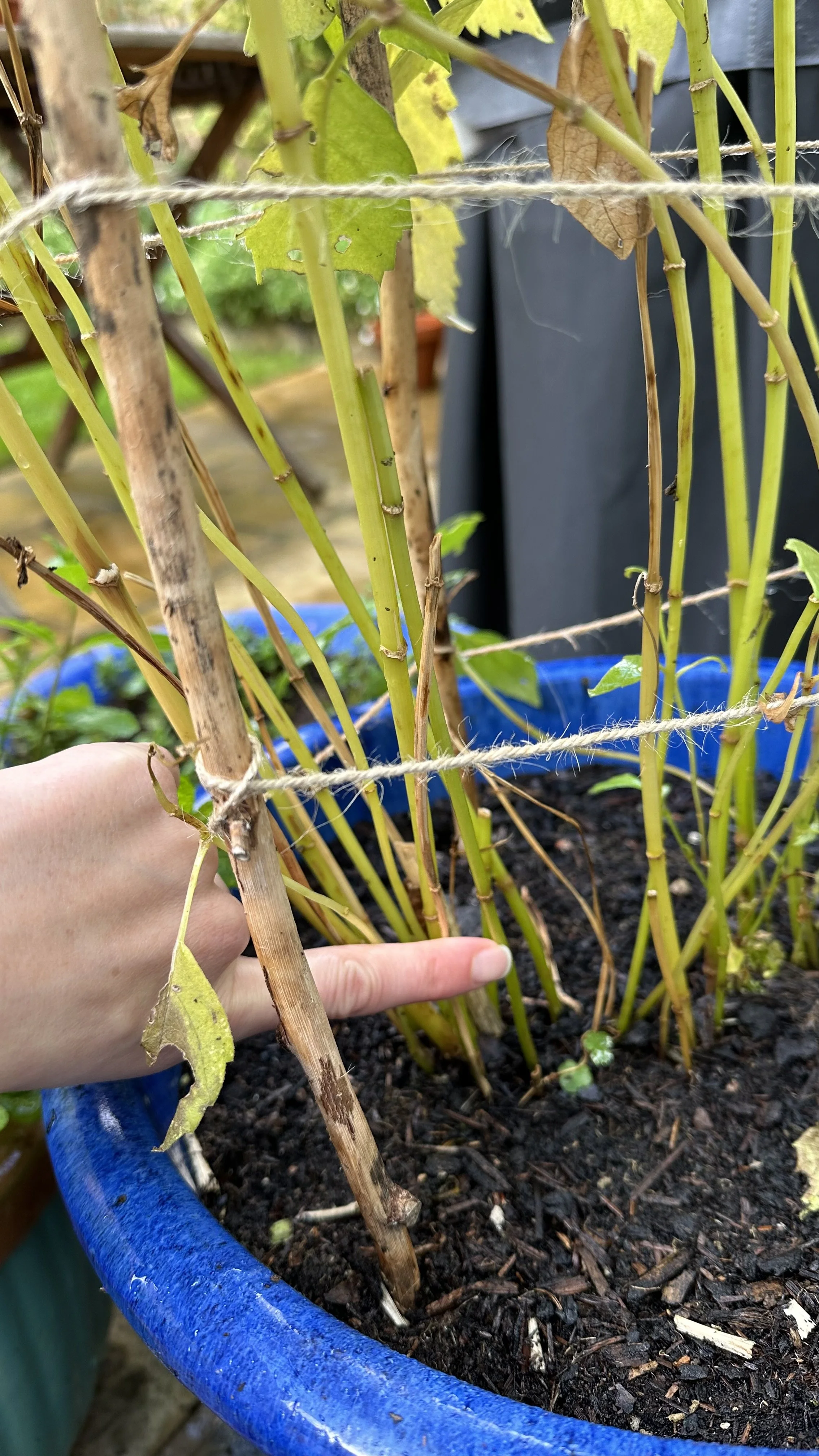Why Weeds Are Good for Your Garden
This website is reader-supported - thank you! This post may contain affiliate links. As an Amazon Associate, I earn from qualifying purchases at no extra cost to you.
Exploring the often-overlooked benefits of weeds reveals how these resilient plants play a crucial role in enriching organic matter, supporting a diverse range of weed species, and fostering ecosystems teeming with edible weeds and beneficial insects.
Beyond their reputation as unwelcome invaders of vegetable gardens and lawns, weeds possess qualities that can enhance the health and biodiversity of our gardens.
In this guide I will shed light on the positive aspects of weeds, from their contribution to soil fertility and protection against erosion to their role as a natural habitat for pollinators and predators of pests.
As we examine the intricate relationships between weeds, organic gardening practices, and the environment, we uncover the potential of these plants to support a more sustainable and productive garden ecosystem.
Whether it's the lush grass underfoot or the unnoticed greenery edging our vegetable plots, a closer look at weeds reveals a world of untapped resources and ecological benefits waiting to be appreciated and utilized.
To learn more about sustainable gardening, check out my guides:
Also check out my guide:
Organic Matter and Soil Health: The Root of the Matter
Organic matter is the cornerstone of fertile soil, comprising decomposed plant and animal material.
It's the lifeblood of the earth beneath our feet, offering numerous benefits that are crucial for healthy plant growth.
Enter weeds, the unsung heroes of the soil's story, playing a pivotal role in enhancing this vital component.
Here's how they contribute:
Natural Soil Aerators and Tillers
Many weed species have deep root systems that penetrate compacted soil, breaking it apart and improving aeration.
This natural tilling action allows for better water infiltration and root penetration, vital for the growth of both crops and other garden plants.
By simply growing, weeds work silently beneath the surface, creating pathways that help other plants' roots access deeper soil layers, where moisture and nutrients abound.
Boosting Organic Content
As weeds grow and eventually die, their biomass returns to the soil, gradually decomposing into organic matter.
This process enriches the soil with essential nutrients and improves its structure, making it more porous and better able to retain moisture.
The addition of organic matter from weeds also fosters a supportive environment for beneficial microorganisms.
These tiny soil dwellers play their part in decomposing organic material, further enhancing nutrient availability for plants.
Check out my guide:
Enhancing Soil Fertility
The decay of weed material not only adds organic matter to the soil but also releases nutrients in a form that plants can easily absorb.
This natural fertilization process can reduce the need for synthetic fertilizers, promoting a more organic approach to gardening.
Weeds, especially those that fix nitrogen in the soil, such as members of the legume family, can be particularly beneficial, naturally enriching the soil with this critical nutrient.
Encouraging Biodiversity Below Ground
The diversity of weed species can lead to a more varied and healthy soil ecosystem.
Different weeds contribute differently to the soil's health, with varying root depths, types of organic matter, and nutrient profiles.
This variety encourages a diverse community of microorganisms, insects, and other soil organisms, each playing a role in the soil's health and fertility.
Erosion Control
Weeds can act as a living mulch, covering bare soil that would otherwise be susceptible to erosion by wind and water.
Their roots hold the soil in place, while their above-ground parts reduce the impact of raindrops and wind, helping to preserve topsoil and prevent the loss of precious organic matter.
Looking for more sustainable ways to garden? Check out my guide:
For more gardening tips, check out my guides:
A Buffet for Beneficial Insects: Weeds in the Web of Life
Insects play vital roles in ecosystems, including pollination, pest control, and acting as food sources for other wildlife.
Weeds, often seen as mere garden intruders, are instrumental in providing habitat and food for these beneficial insects, creating a more dynamic and balanced garden ecosystem.
Diverse Habitats for Pollinators
Many weed species produce flowers that are rich in nectar and pollen, attracting pollinators such as bees, butterflies, and hoverflies.
These insects are crucial for the pollination of many crops and wild plants, ensuring fruit and seed production.
Weeds like clover, dandelions, and milkweed offer essential resources for these pollinators, especially in early spring and late fall when other food sources may be scarce.
By sustaining pollinator populations, weeds play a direct role in supporting the broader ecosystem.
Refuge for Predator and Parasitoid Insects
Beyond pollinators, weeds also support a host of predator and parasitoid insects that naturally control pest populations.
Ladybugs, lacewings, and parasitic wasps, for example, thrive in weedy areas where they can find shelter and prey.
These beneficial predators feed on common garden pests like aphids, mites, and caterpillars, reducing the need for chemical pesticides.
Weeds thus serve as a critical component of integrated pest management strategies, fostering natural pest control mechanisms.
Nutritional Diversity
The variety of weeds in a garden provides a wide range of nutritional options for insects, catering to the diverse dietary needs of different species.
This diversity not only helps sustain a larger number of beneficial insects but also encourages their proliferation and long-term survival.
In turn, a robust population of beneficial insects can more effectively suppress pests and aid in pollination, enhancing crop yields and garden health.
Seasonal Support
Weeds often have different flowering times compared to cultivated plants, offering critical support during periods when other food sources are not available.
This continuous availability of resources helps maintain stable populations of beneficial insects throughout the year.
By acting as a bridge between the blooming periods of different plants, weeds ensure that beneficial insects remain in the ecosystem, ready to perform their essential functions at all times.
Weeds as Indicator Species
Some weeds can also serve as indicator species, signaling the health of the insect community and the broader ecosystem.
A rich diversity of weeds attracting a wide range of insects is a good sign of ecological balance and health.
Observing which insects are attracted to which weeds can provide valuable insights into the state of the local ecosystem and guide more informed conservation practices.
To plant more flowers that are excellent for pollinators, check out my guide:
Erigeron Karvinskianus: Growing Ground Cover for Pollinators
For more sustainable gardening ideas, check out my guides:
Weeds as Cover Crops
Natural Soil Protectors
Cover crops are typically planted to cover the soil rather than for the purpose of being harvested.
They play a crucial role in protecting the soil from erosion, improving soil structure, and enhancing soil fertility.
Weeds, in their role as natural cover crops, offer these same benefits.
Their rapid growth and dense coverage can quickly cover bare soil, shielding it from wind and water erosion.
This protective layer helps retain topsoil and maintain its quality.
Moisture Retention and Weed Suppression
One of the primary benefits of using weeds as cover crops is their ability to retain soil moisture.
Their foliage creates a microclimate that reduces evaporation from the soil surface, conserving water and making it more available to desired plants.
Furthermore, the dense growth of certain weed species can effectively suppress the emergence of other weeds, reducing competition for resources in cultivated fields and gardens.
This natural weed suppression can decrease the need for manual weeding or the use of herbicides.
Enhancing Soil Fertility
Weeds as cover crops can significantly contribute to the organic matter content of the soil.
As they die and decompose, they add organic material, which improves soil structure, enhances water infiltration, and increases the soil's capacity to retain nutrients.
Some weed species, particularly legumes, have the added benefit of fixing atmospheric nitrogen, enriching the soil with this essential nutrient and reducing the need for synthetic fertilizers.
Biodiversity and Ecosystem Services
Integrating weeds into cropping systems as cover crops can promote biodiversity both above and below the soil surface.
A diverse weed cover can attract and support a wide range of beneficial insects, birds, and other wildlife, contributing to ecological balance and pest control.
Below ground, the diversity of root systems enhances soil biodiversity, encouraging a healthy community of microorganisms that play vital roles in nutrient cycling and disease suppression.
Practical Considerations and Management
While the benefits of using weeds as cover crops are compelling, effective management is key to ensuring they contribute positively to agricultural and garden ecosystems.
Selection of appropriate weed species is crucial; preference should be given to those that are easy to manage, non-invasive, and beneficial to the soil and local biodiversity.
Regular monitoring and management practices, such as mowing or light tilling, may be necessary to prevent weeds from competing with crops or becoming a nuisance.
Gardeners can incorporate weeds as cover crops by allowing beneficial species to grow during fallow periods or alongside crops in a controlled manner.
This approach requires a paradigm shift, viewing weeds not as adversaries but as allies in building soil health and ecosystem resilience.
For more gardening tips, check out my guides:
Frequently Asked Questions
What are the pros and cons of weeds?
Pros of Weeds
Soil Health:
Weeds improve soil structure and fertility by breaking up compacted soil, enhancing aeration and water infiltration.
Their roots can bring up nutrients from deeper layers to the surface, benefiting other plants.
Biodiversity:
Weeds support a wide range of biodiversity, providing habitat and food for beneficial insects, birds, and wildlife.
This diversity is crucial for pollination and natural pest control.
Erosion Control:
The rapid growth of weeds covers bare soil quickly, reducing erosion caused by wind and rain.
Their root systems help to stabilize the soil.
Cons of Weeds
Competition:
Weeds can compete with crops and garden plants for water, nutrients, and light, potentially reducing yields and growth.
Invasiveness:
Some weeds are invasive species that can overtake native plants and disrupt local ecosystems, leading to a loss of biodiversity.
Harboring Pests:
Certain weeds can attract and harbor pests and diseases that may then affect nearby cultivated plants.
Management Challenges:
Controlling unwanted weed growth can be labor-intensive and may require careful management to avoid the use of harmful chemicals.
Are all weeds beneficial?
Not all weeds are beneficial in every context.
The impact of weeds depends on various factors, including the species, the environment in which they grow, and their relationship with other plants and animals in the area.
While some weeds offer ecological benefits, others can be invasive or harmful to crops and native species.
It's important to assess the specific characteristics and effects of each weed species to determine its potential benefits or drawbacks in a given setting.
How can I control weeds without harming the environment?
There are several environmentally friendly strategies for controlling weeds:
Manual Removal:
Hand-pulling or using tools like hoes or weed pullers can effectively manage weed growth without chemicals.
Mulching:
Applying a layer of organic mulch can suppress weeds, retain soil moisture, and add organic matter to the soil as it decomposes.
Check out my guide The Best Alternatives to Traditional Mulch for Your Garden.
Boiling Water or Vinegar Solutions:
Applying boiling water directly to weeds or using vinegar-based solutions can be effective non-toxic herbicides for spot treatments.
Can weeds be used in compost?
Yes, most weeds can be composted and contribute to the creation of rich organic matter beneficial for garden soils.
However, it's important to avoid composting weeds that have gone to seed or those with persistent root systems that might not be fully killed during the composting process, as they could spread when the compost is used.
Hot composting methods are more effective at killing weed seeds and roots, making the compost safe for garden use.
In the end, weeds are more than just garden gatecrashers; they're a natural part of the ecosystem with their own set of virtues.
By understanding and leveraging the benefits of weeds, we can foster healthier gardens and more sustainable practices.
So, the next time you spot a weed, give a nod to its potential before deciding its fate.
A little weed love can go a long way in transforming our view of these resilient plants and their place in the natural world.
Pin this post to save it for later!
